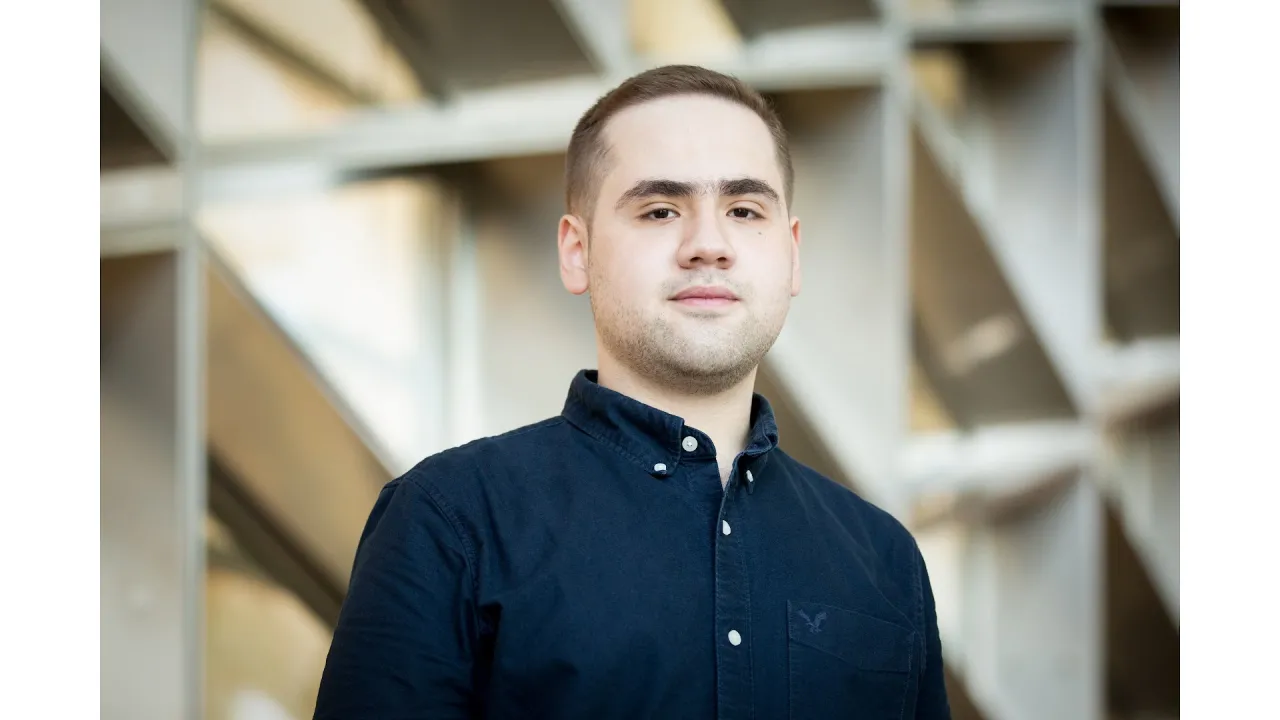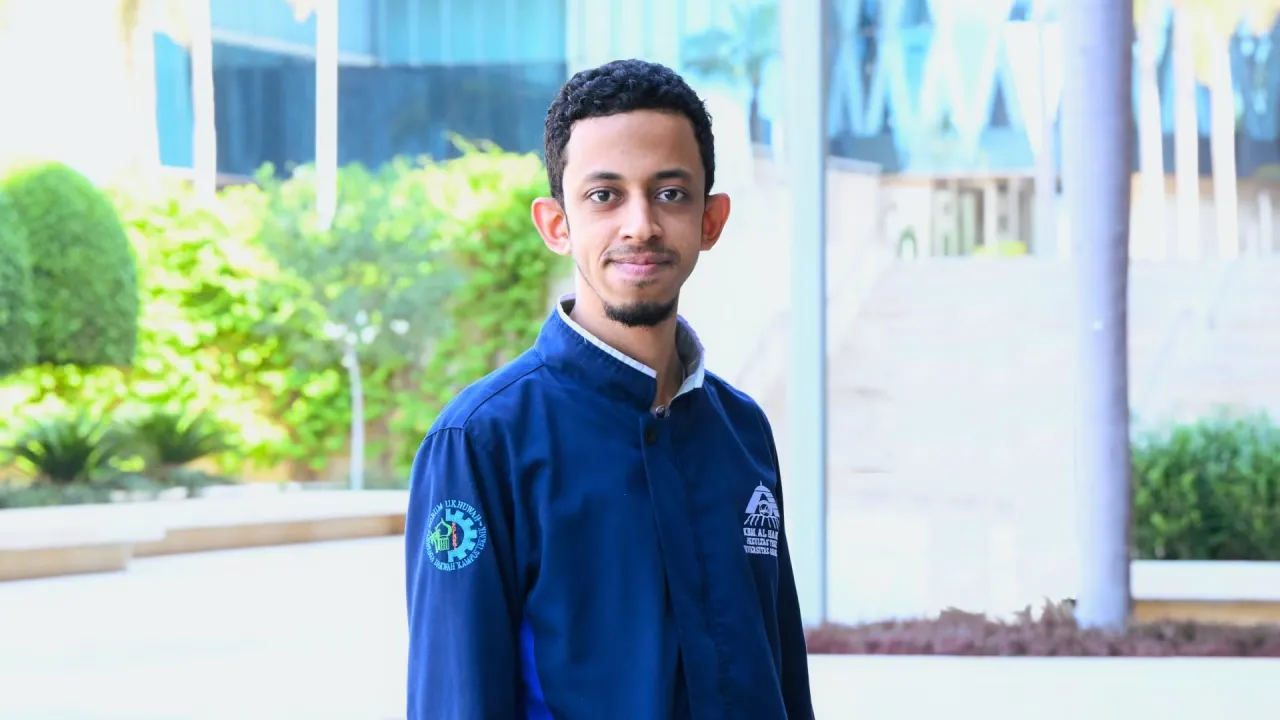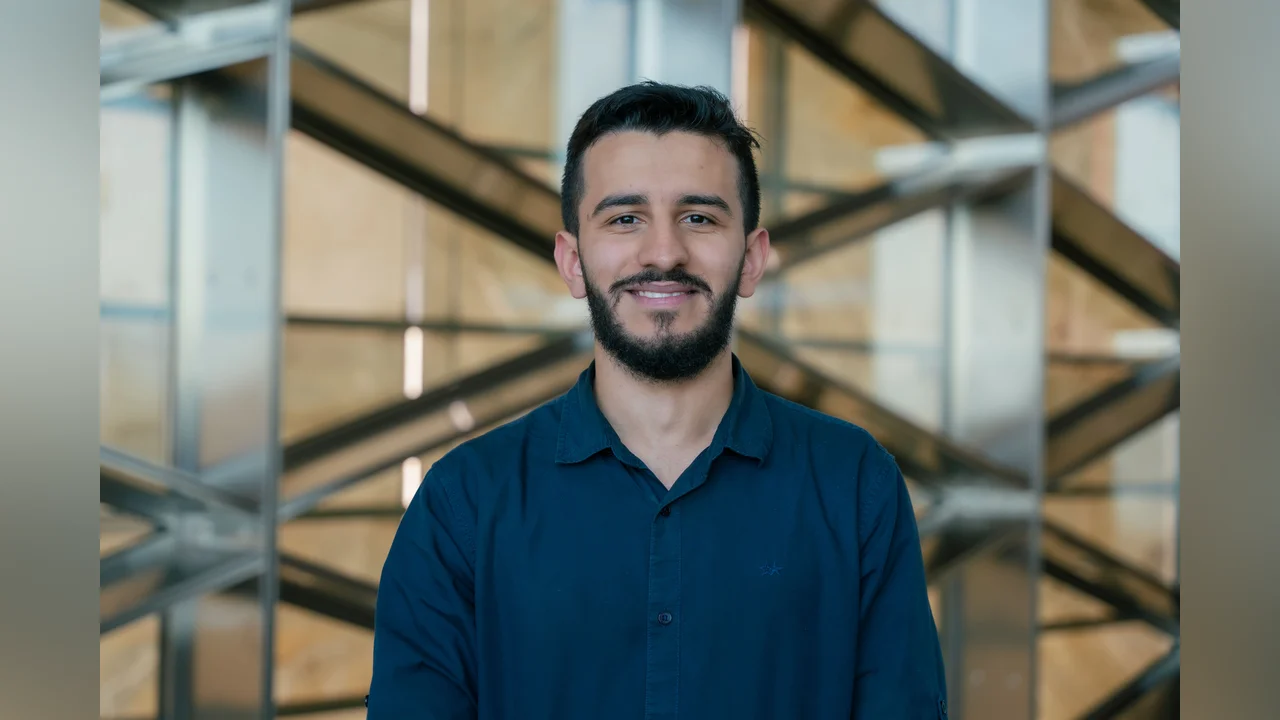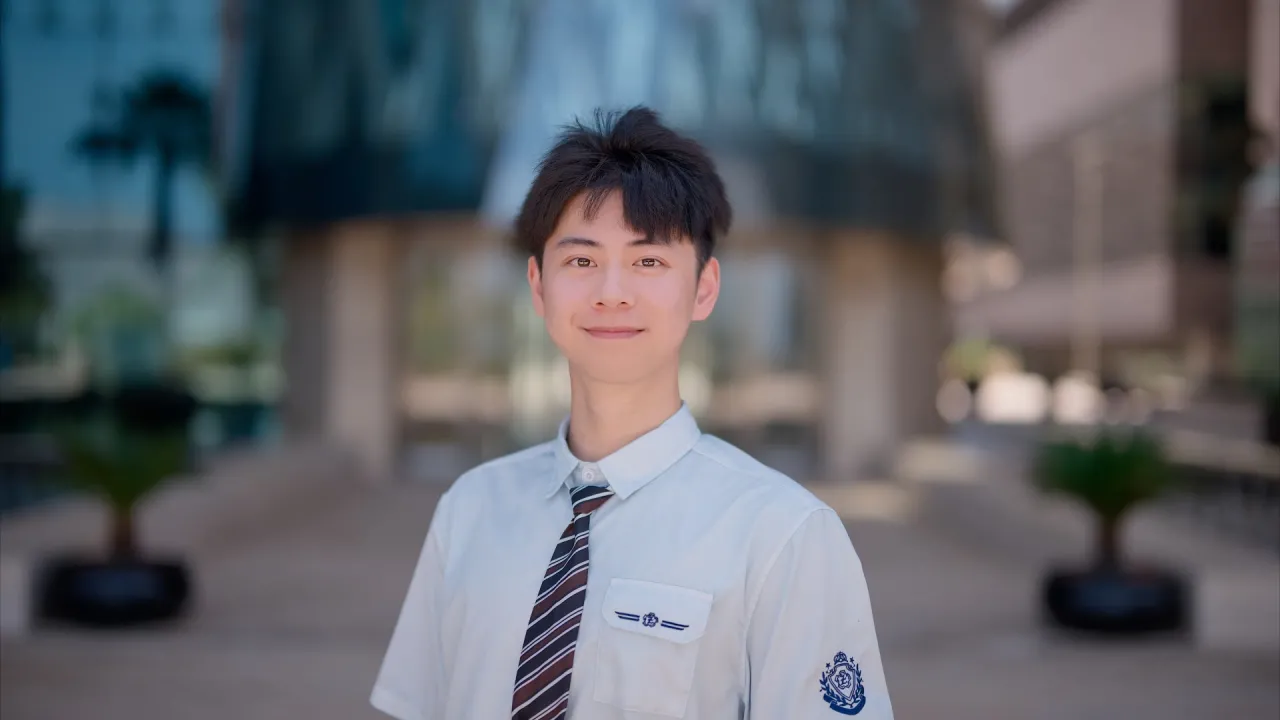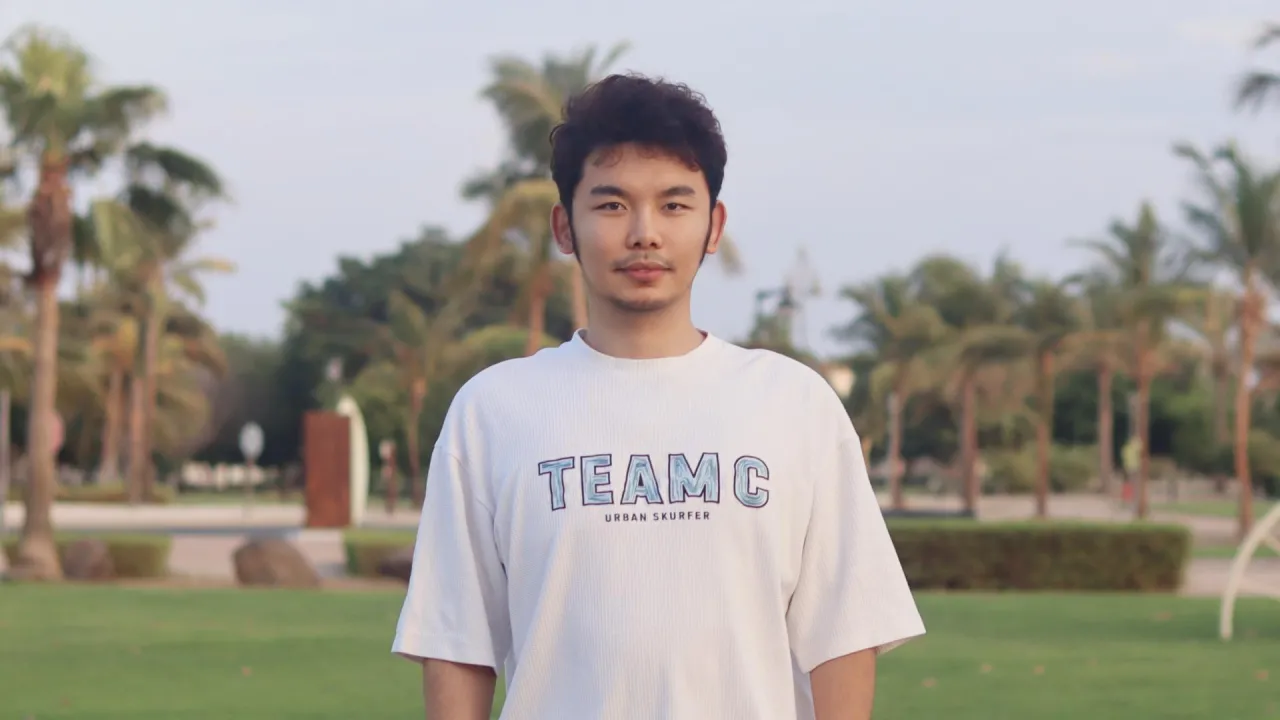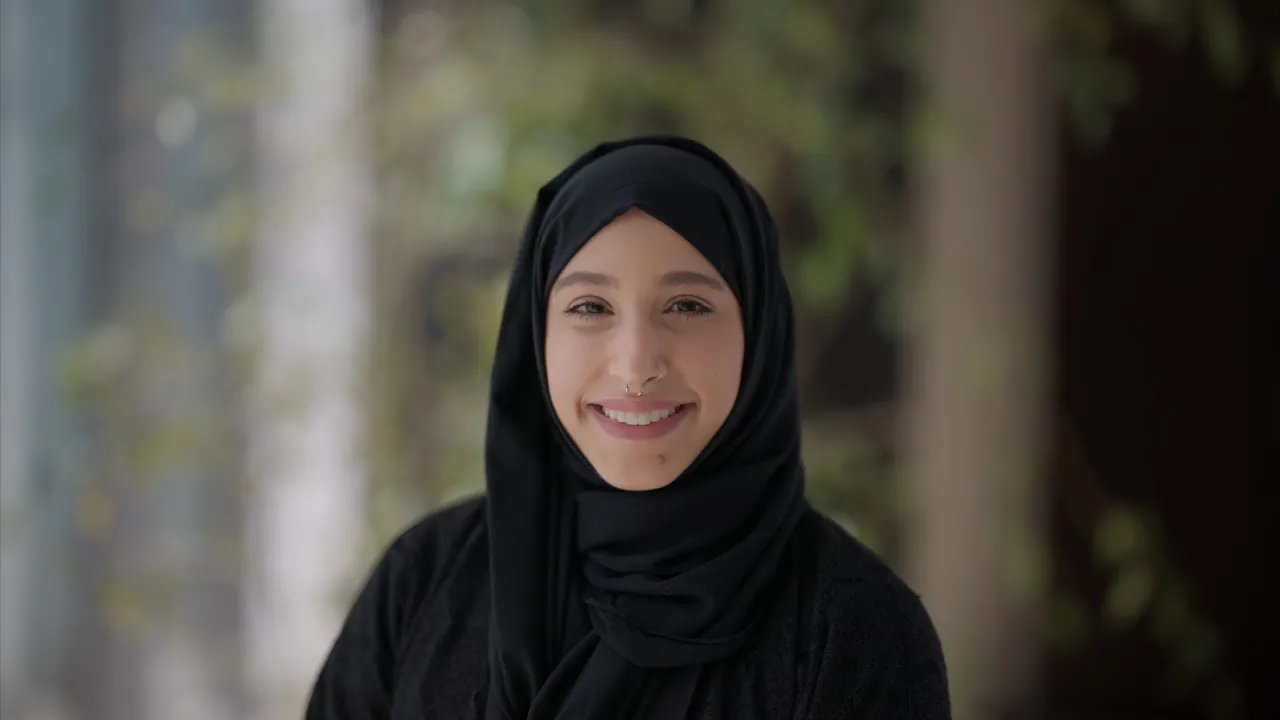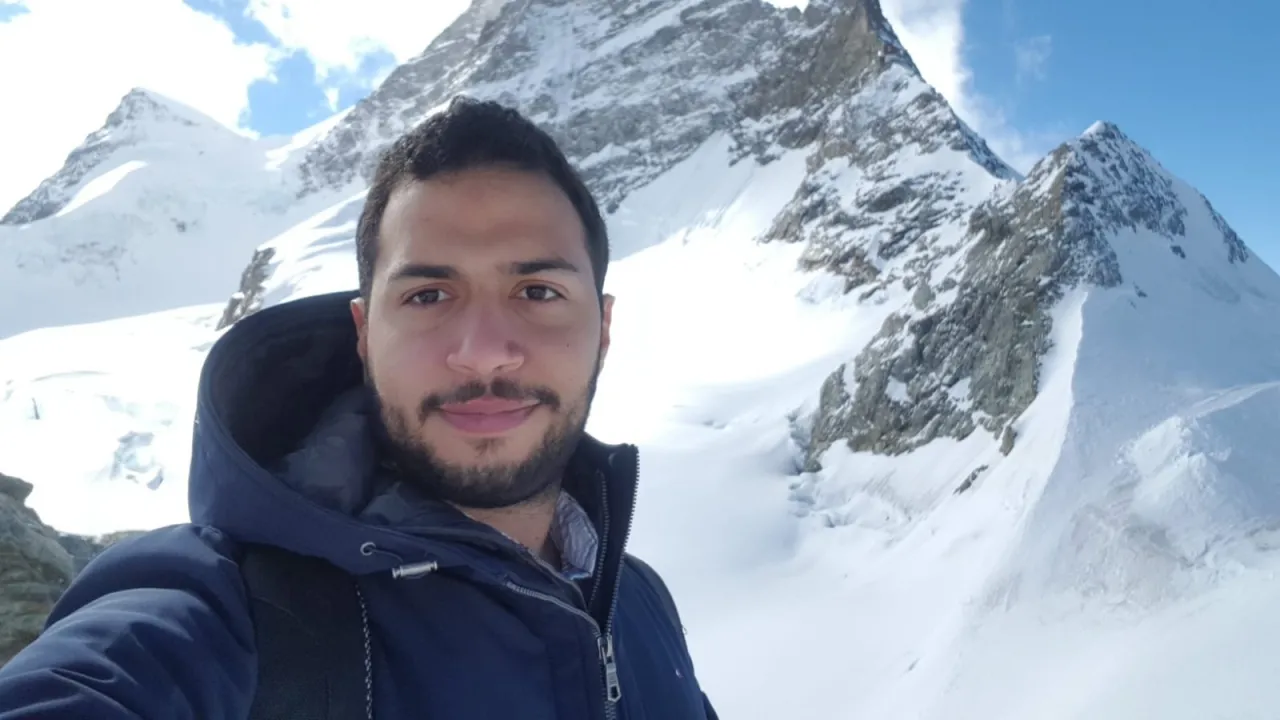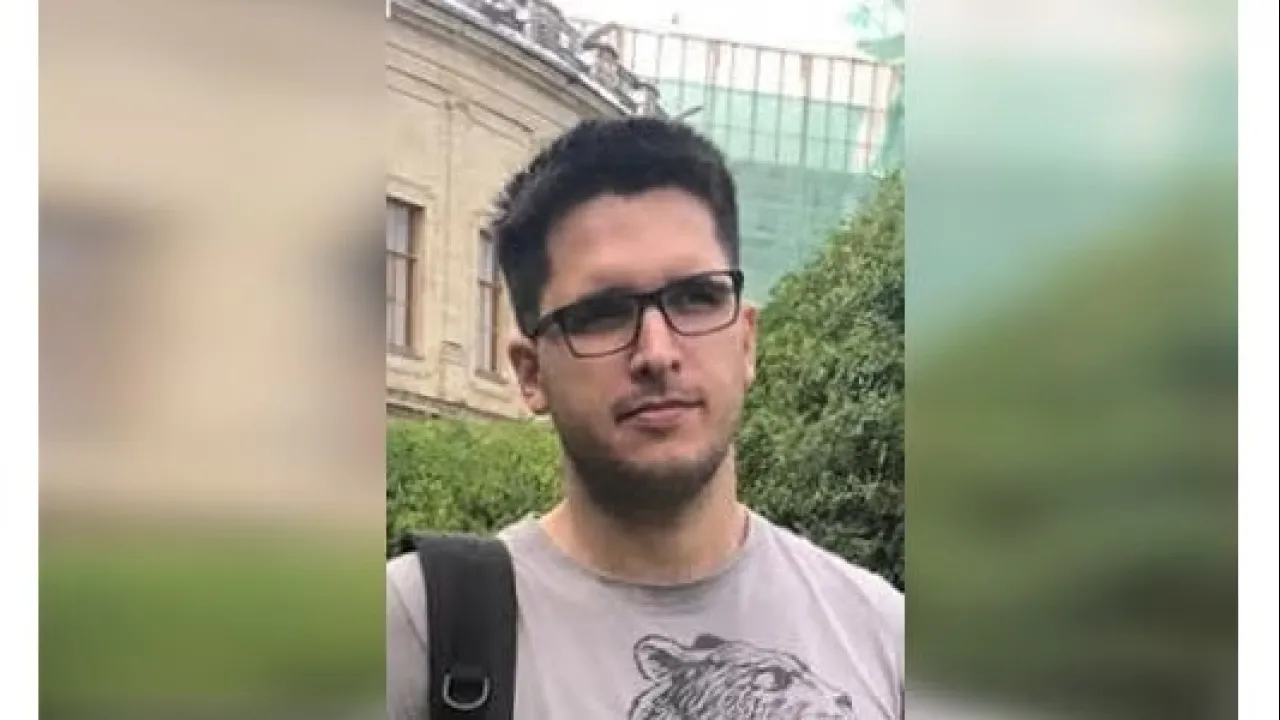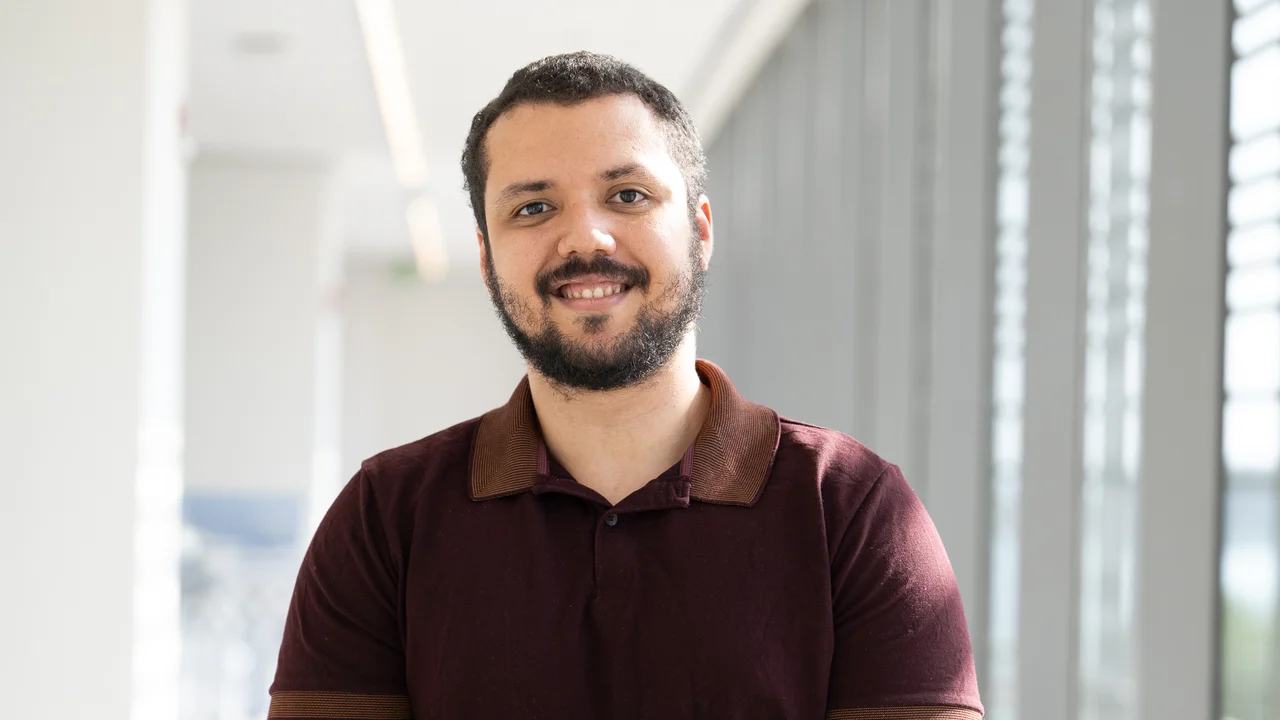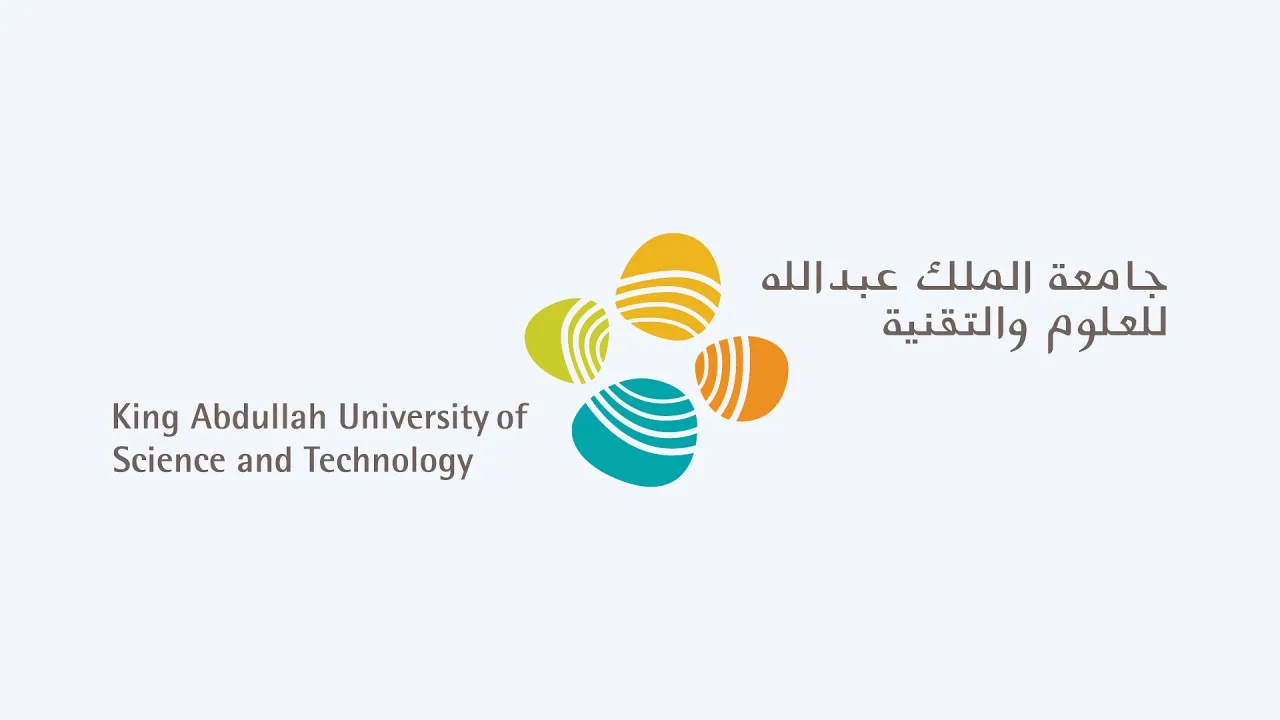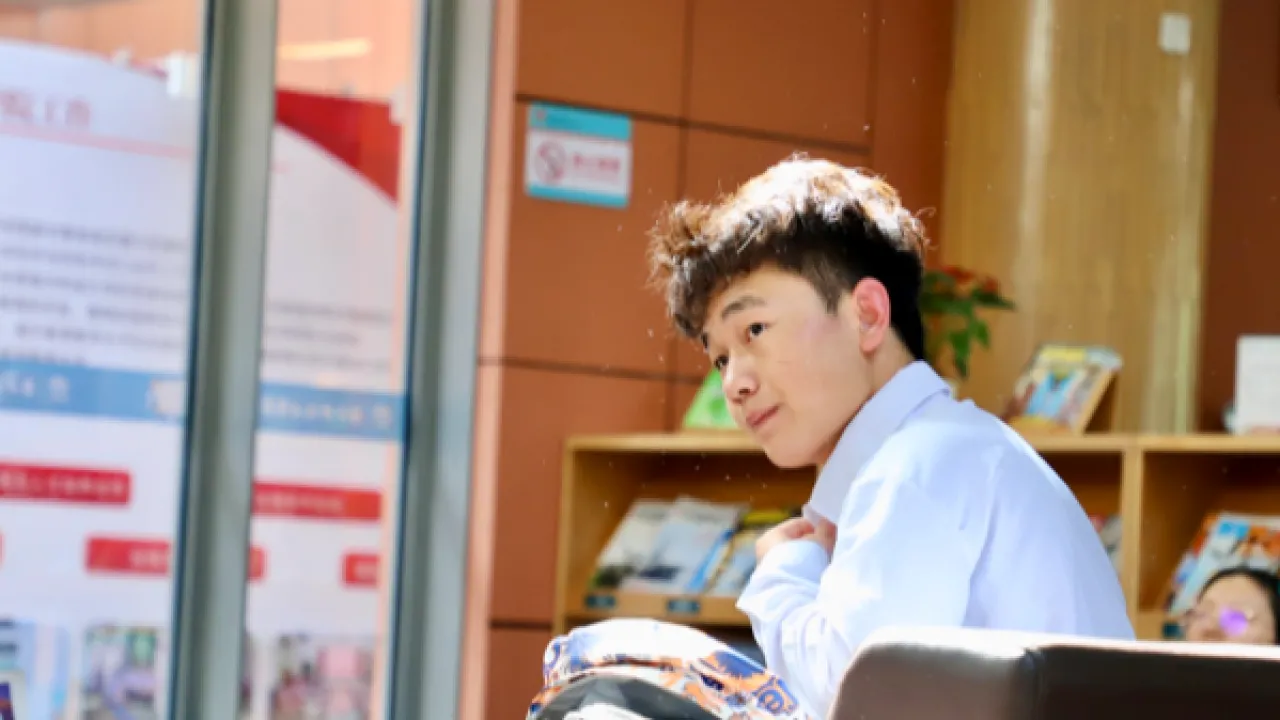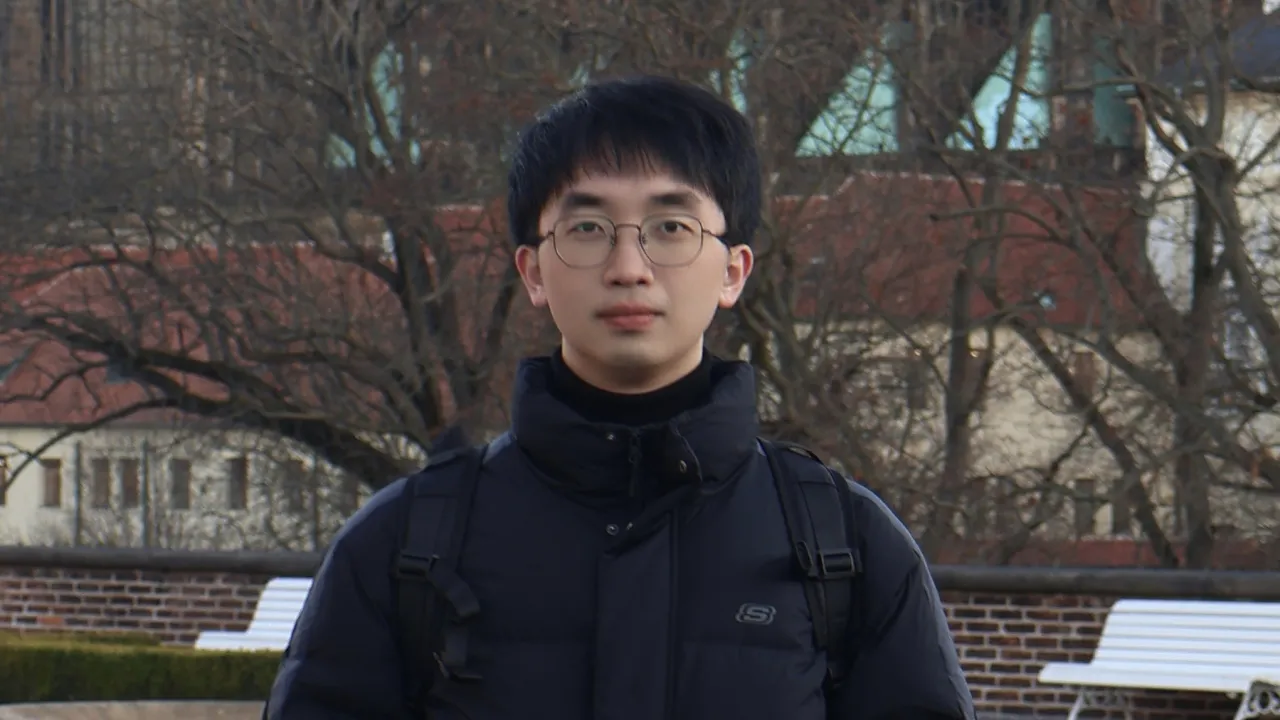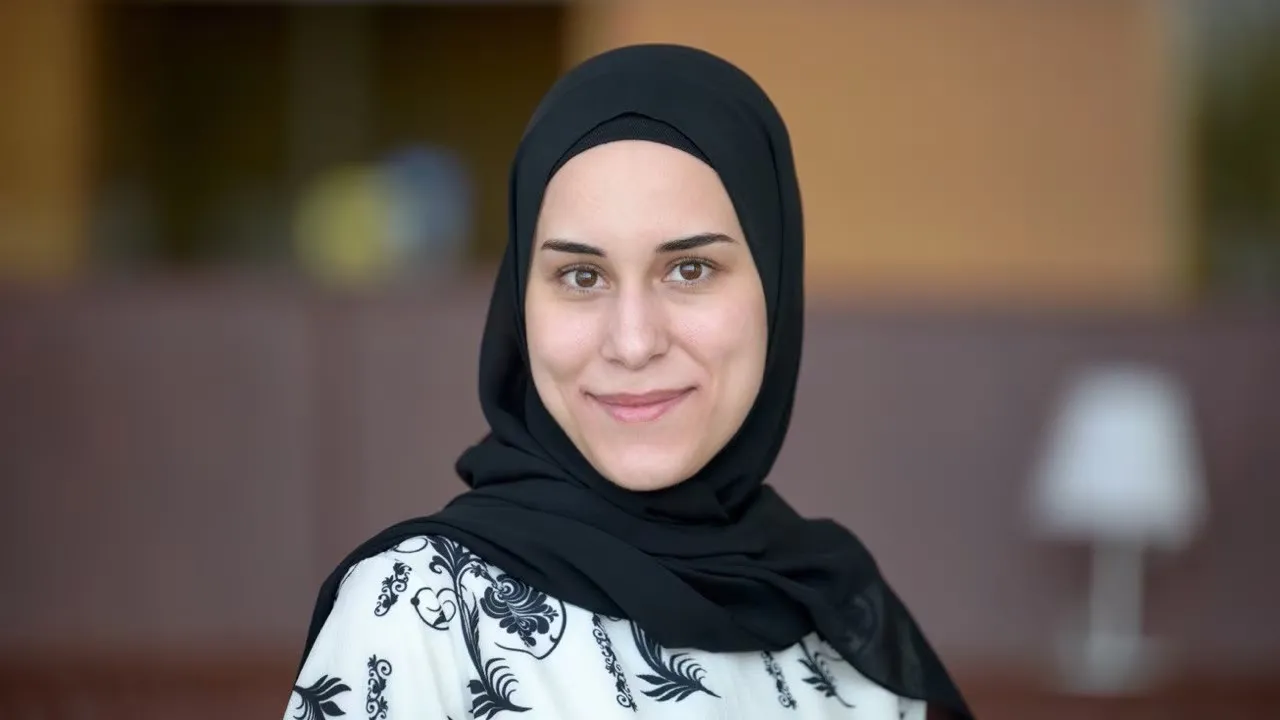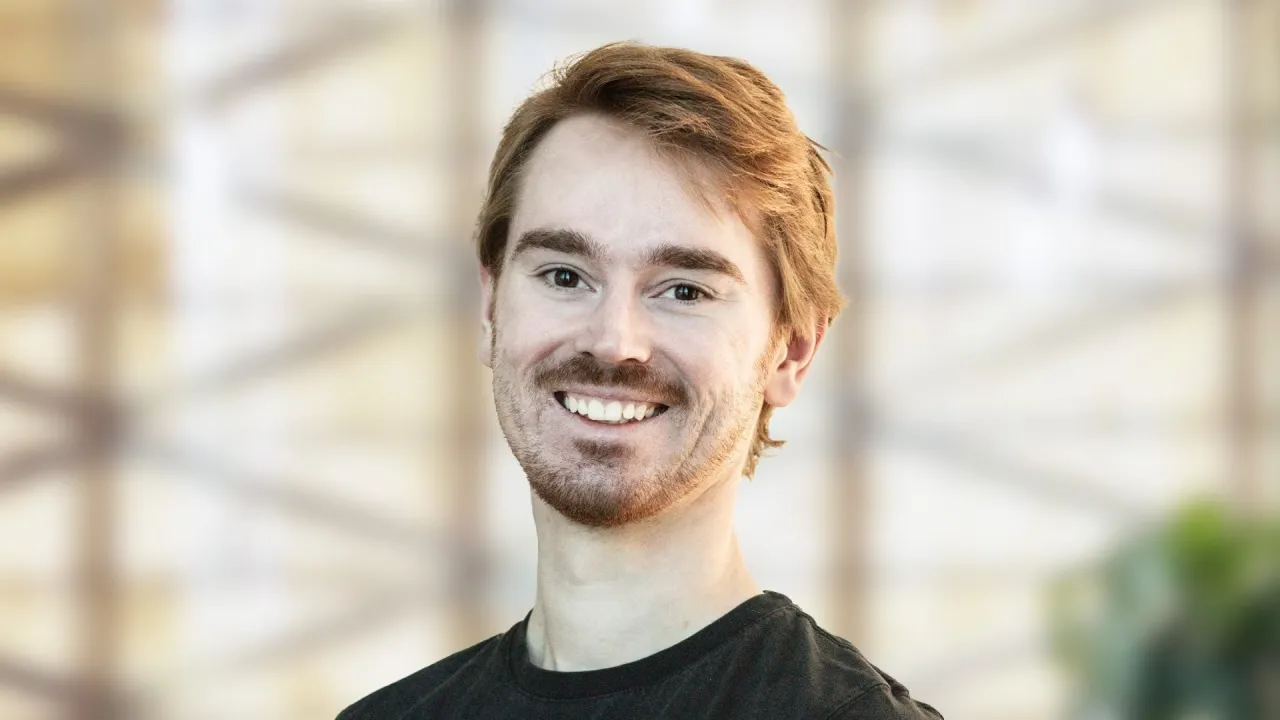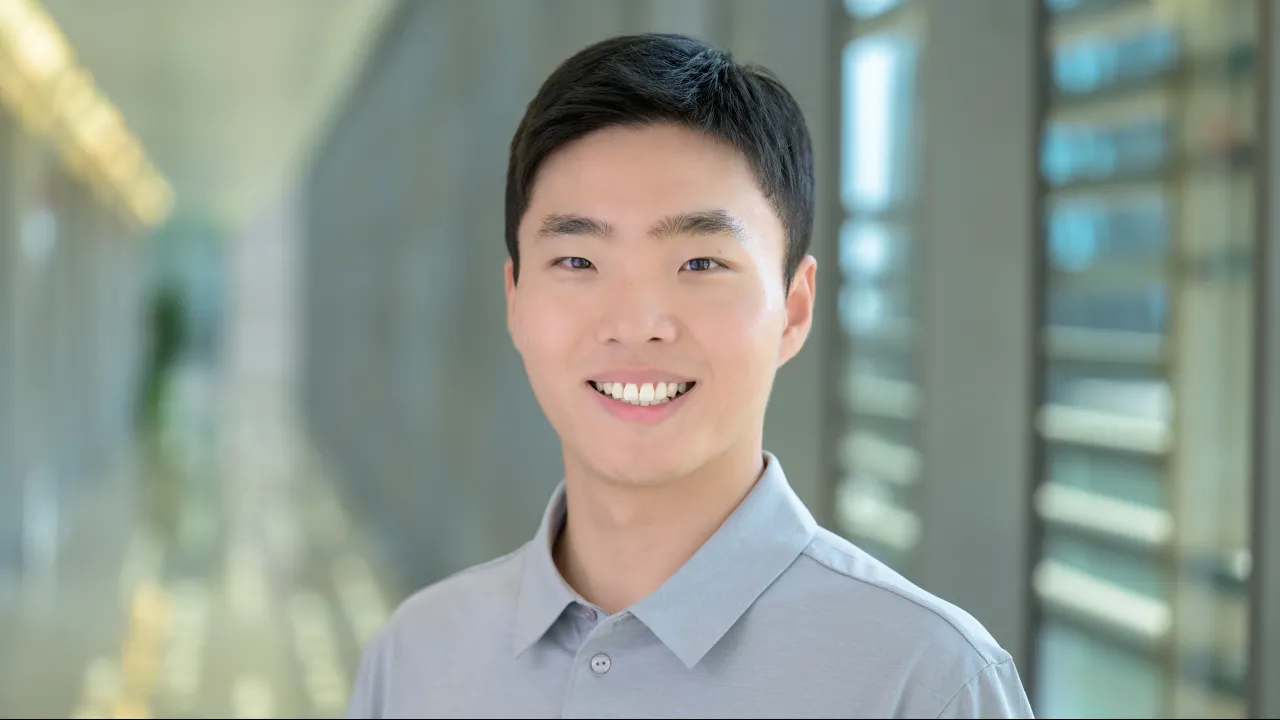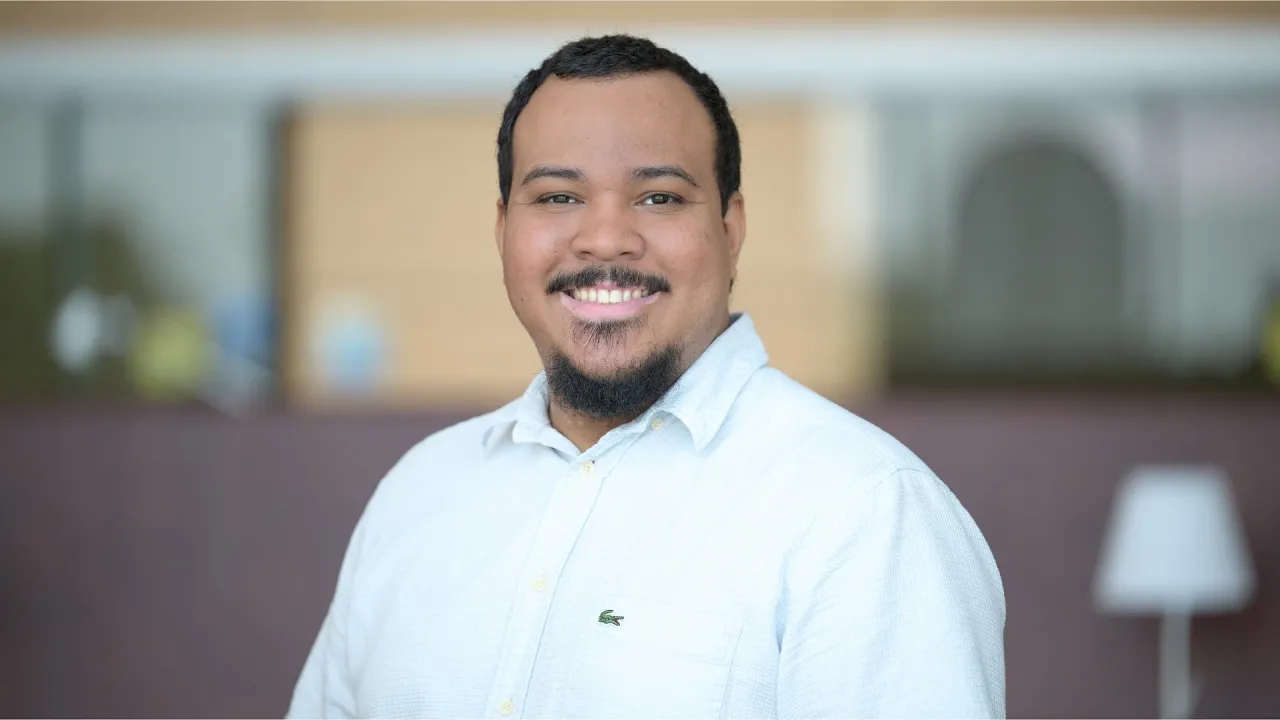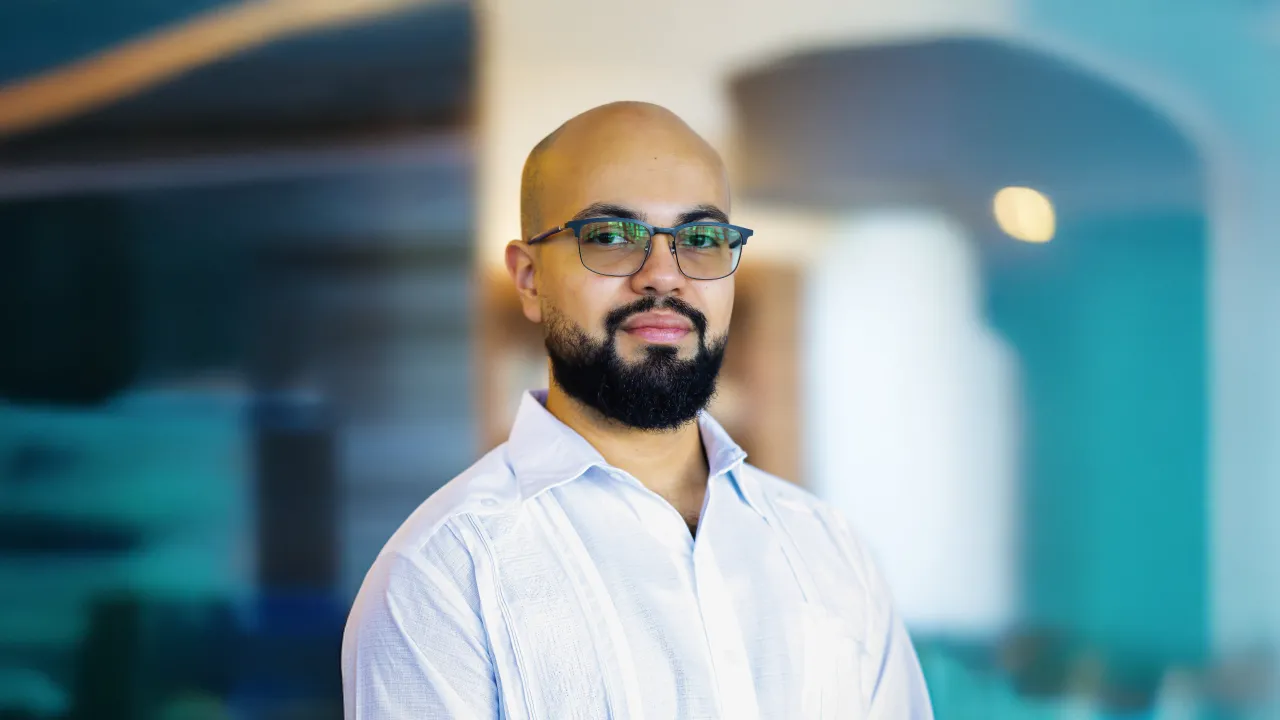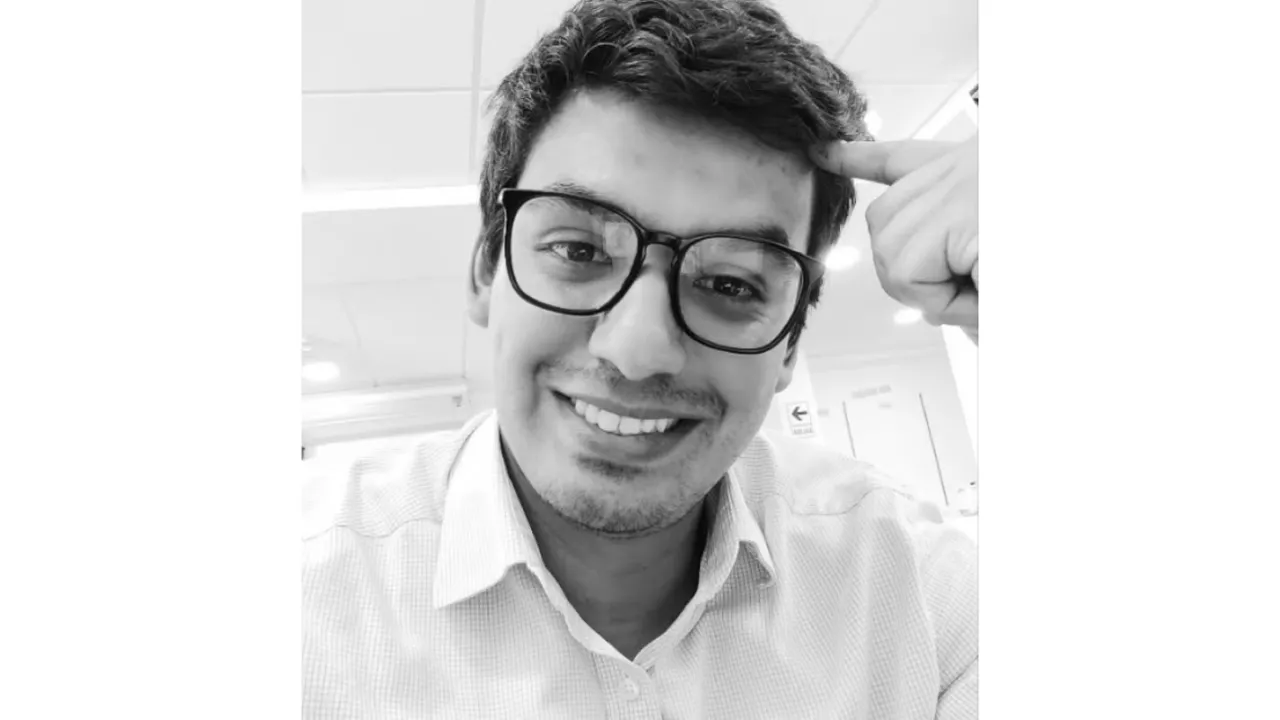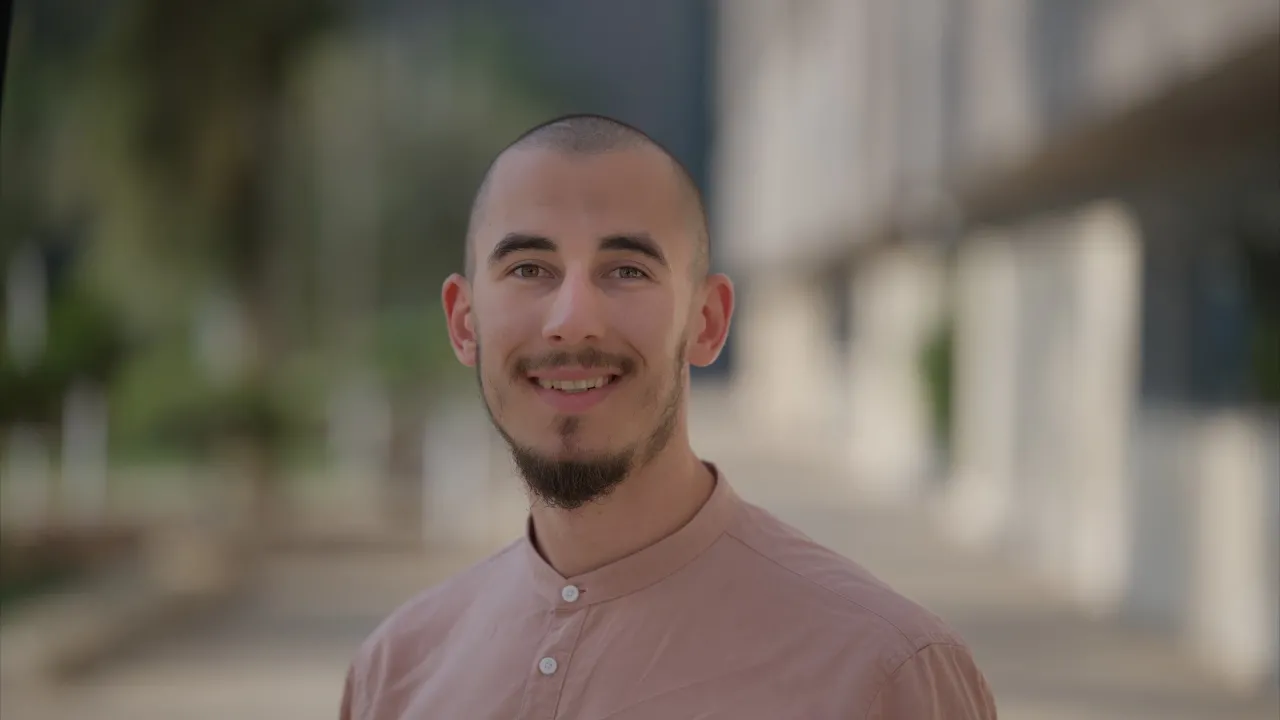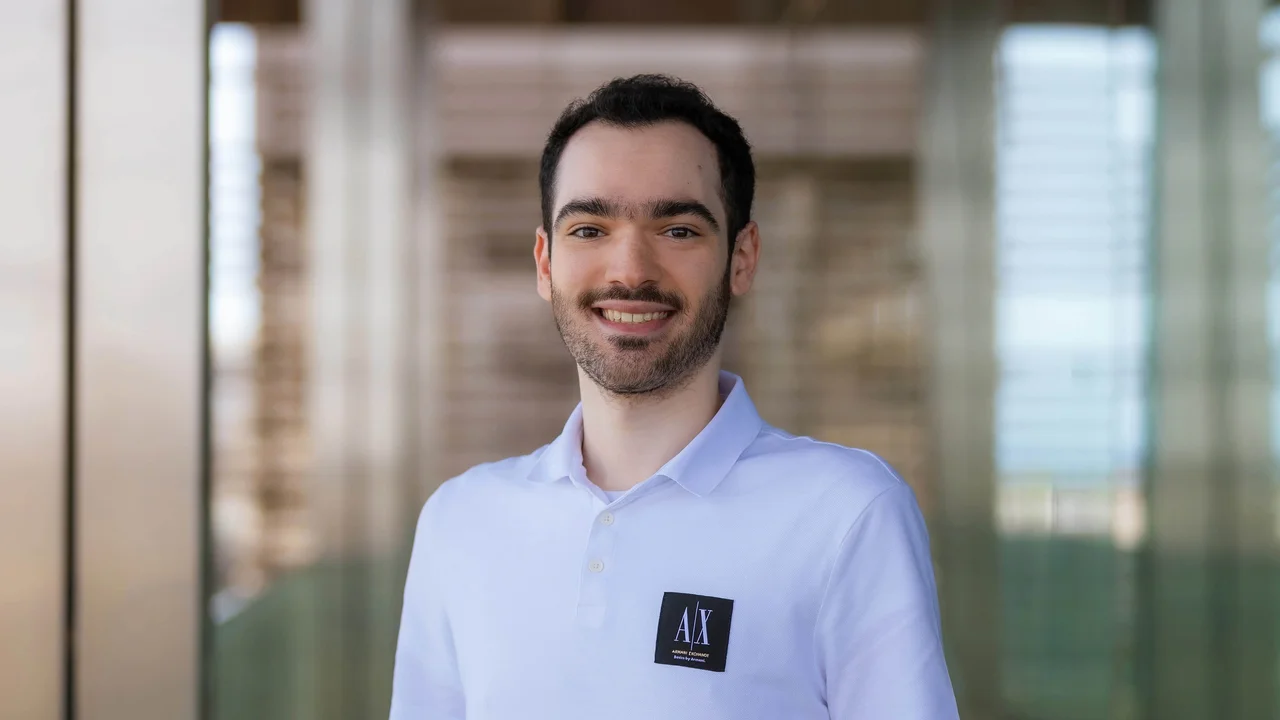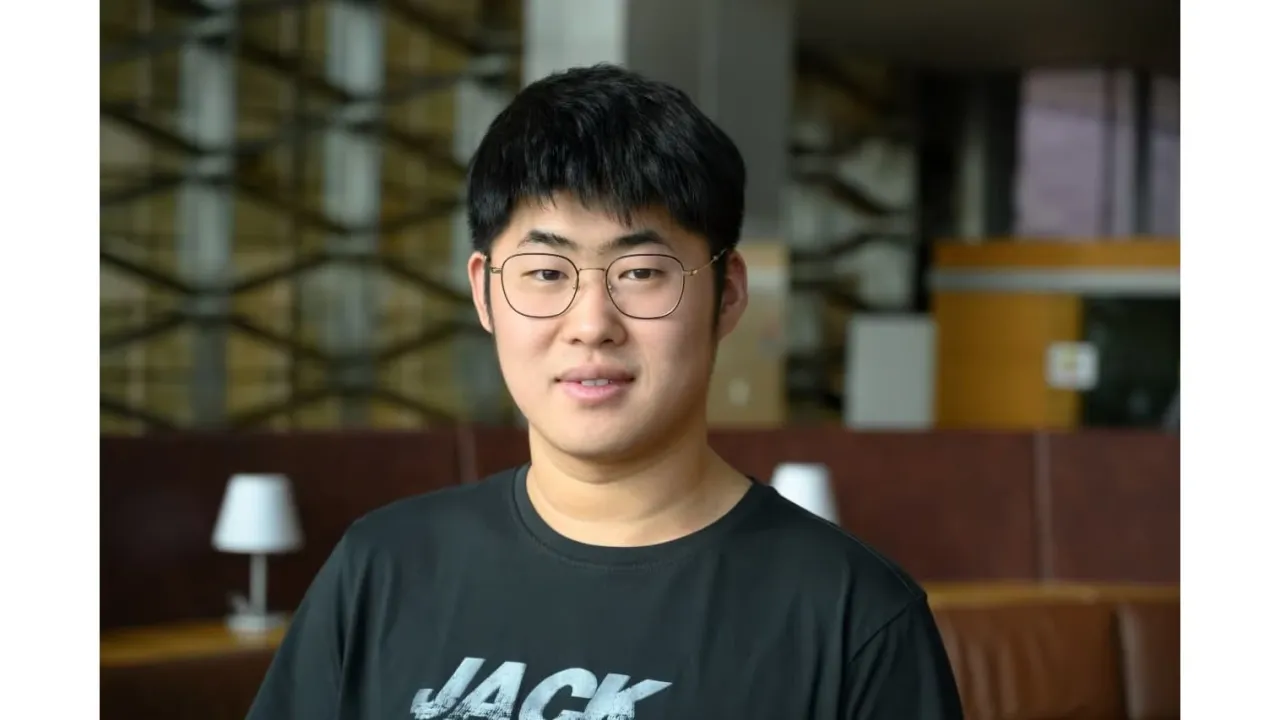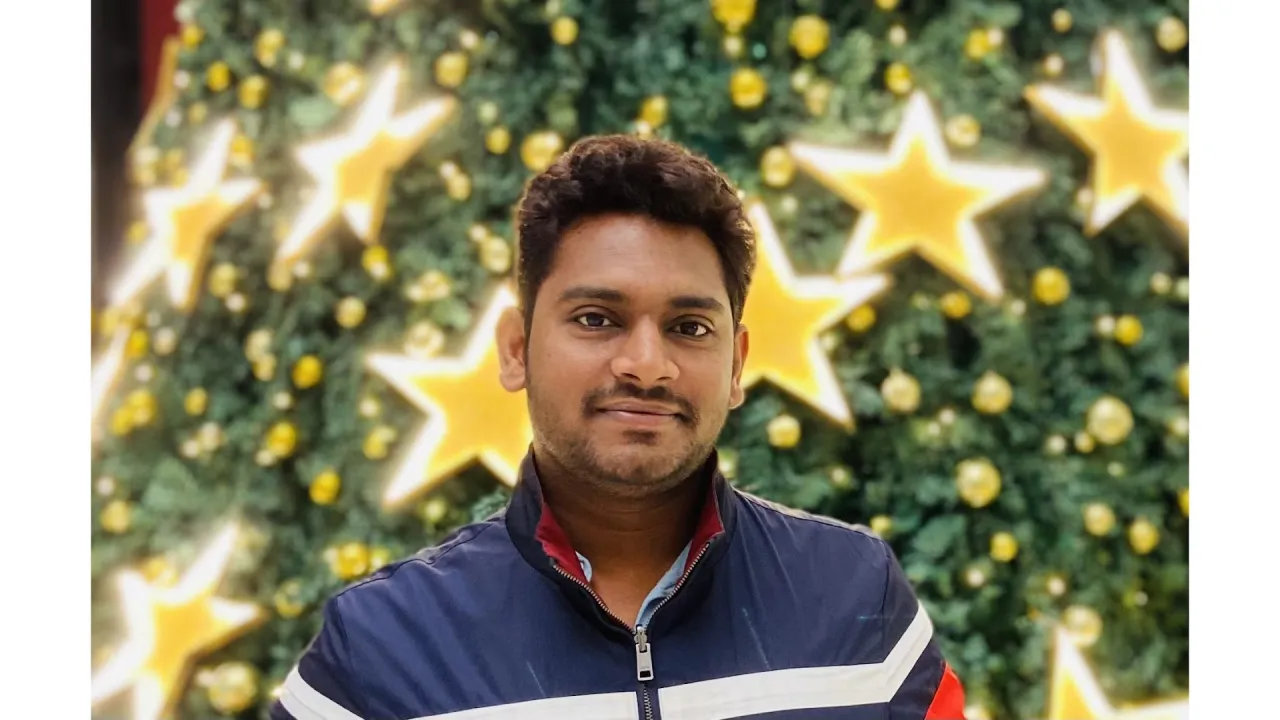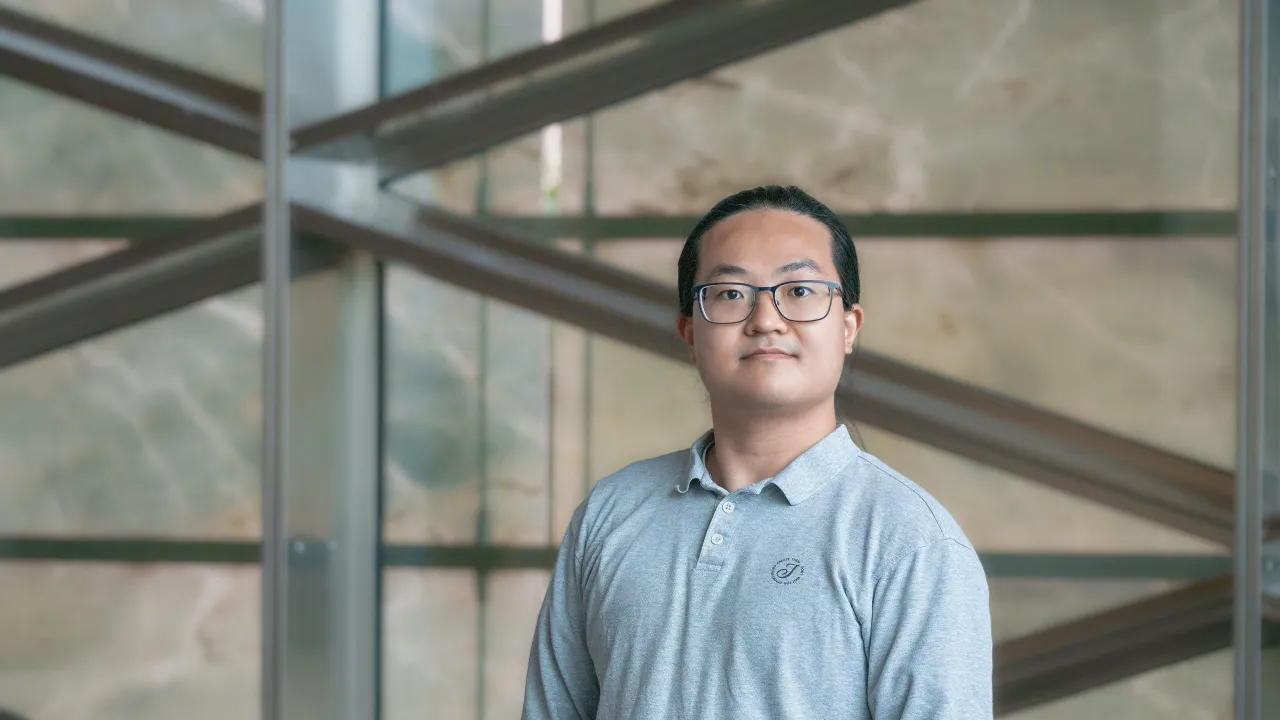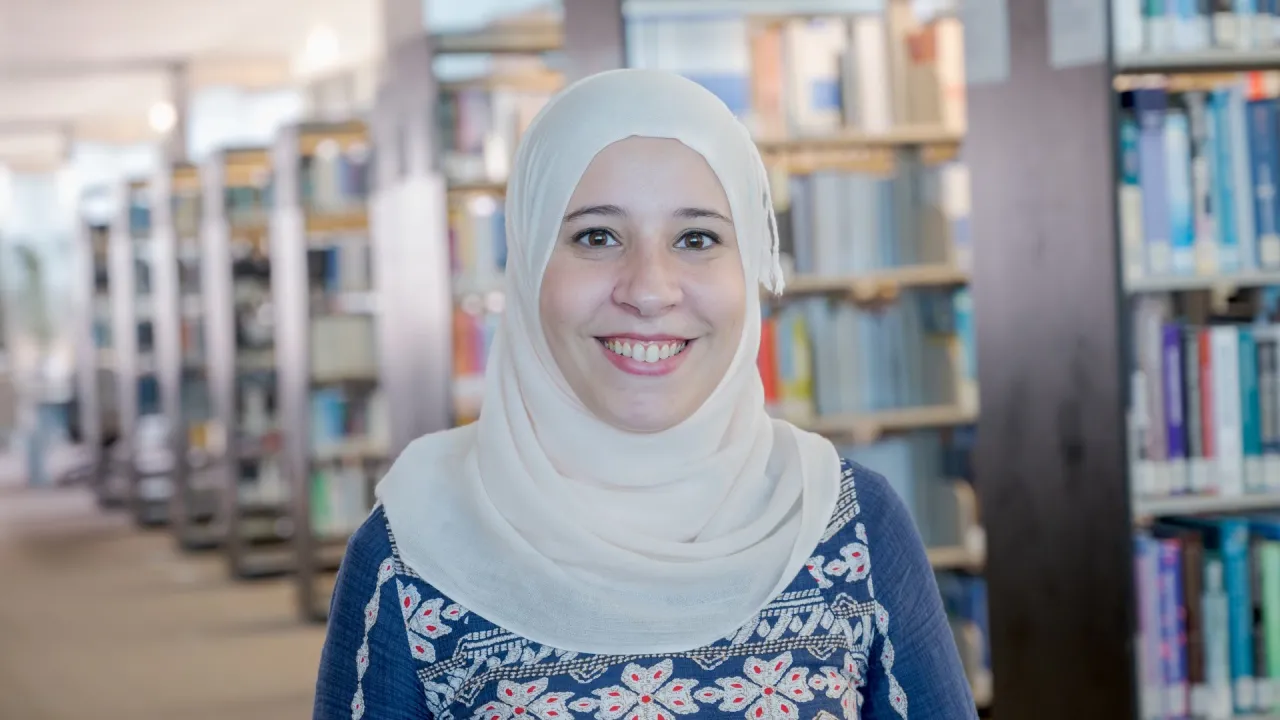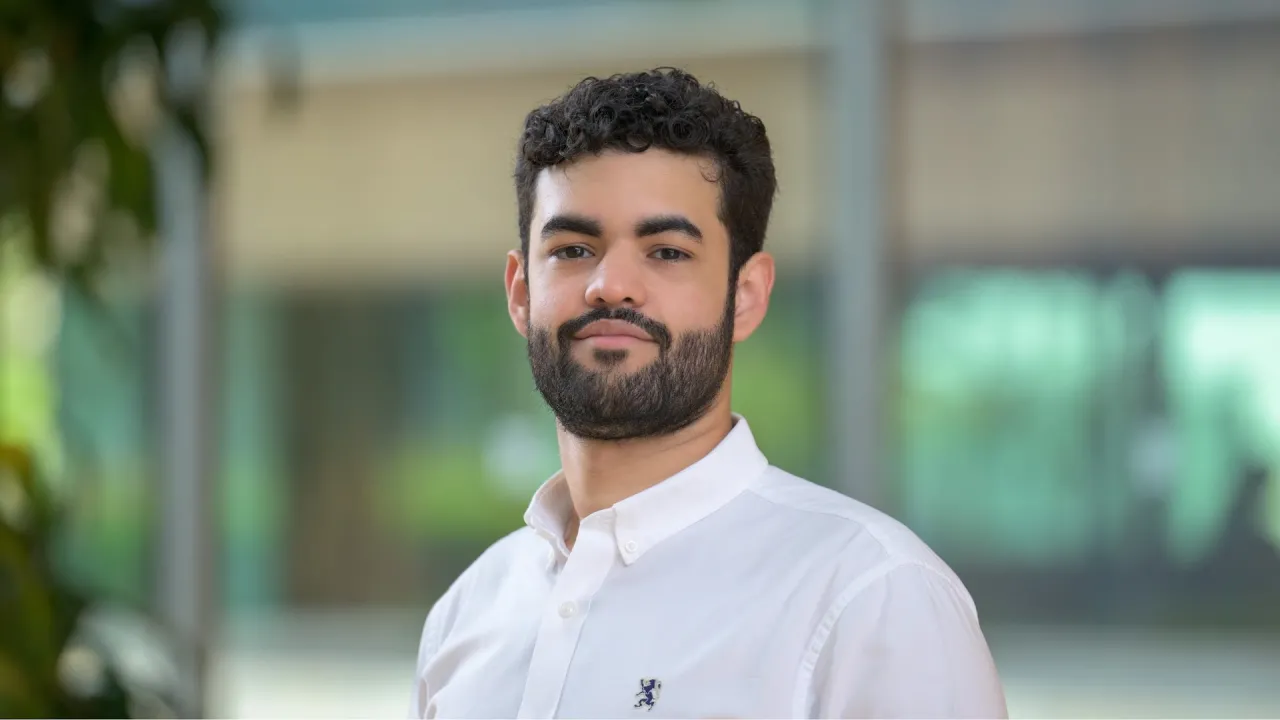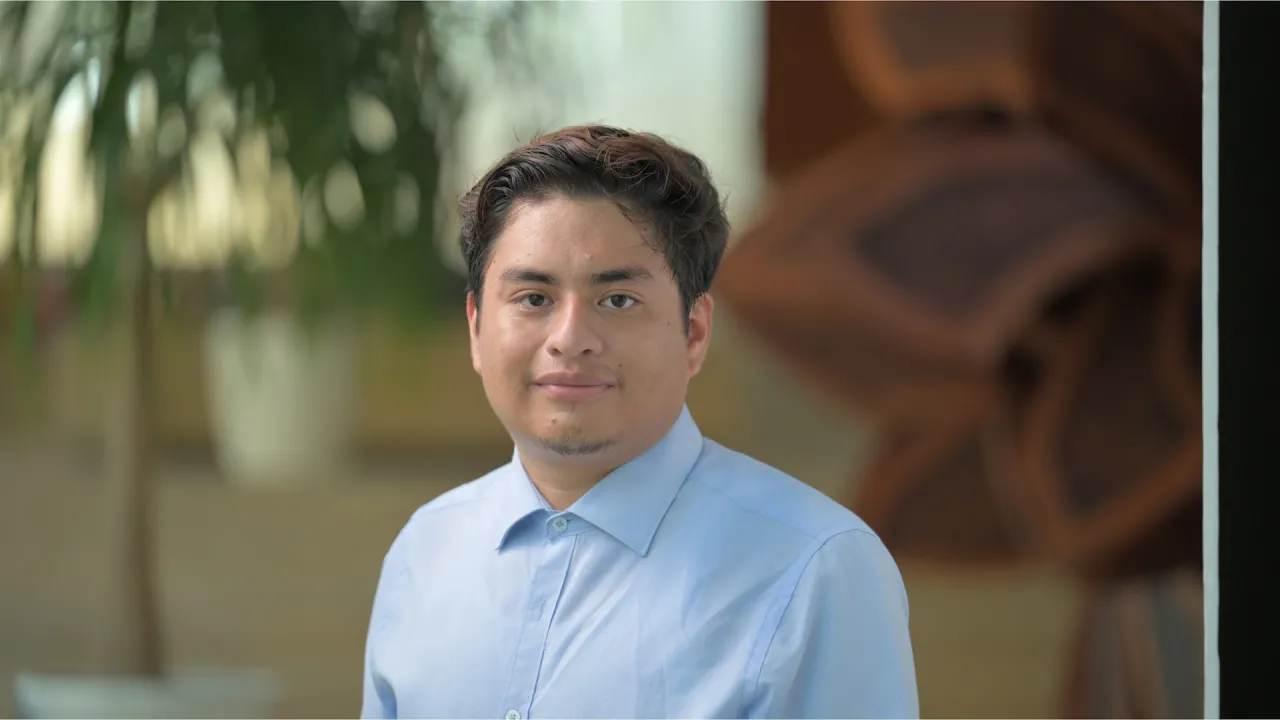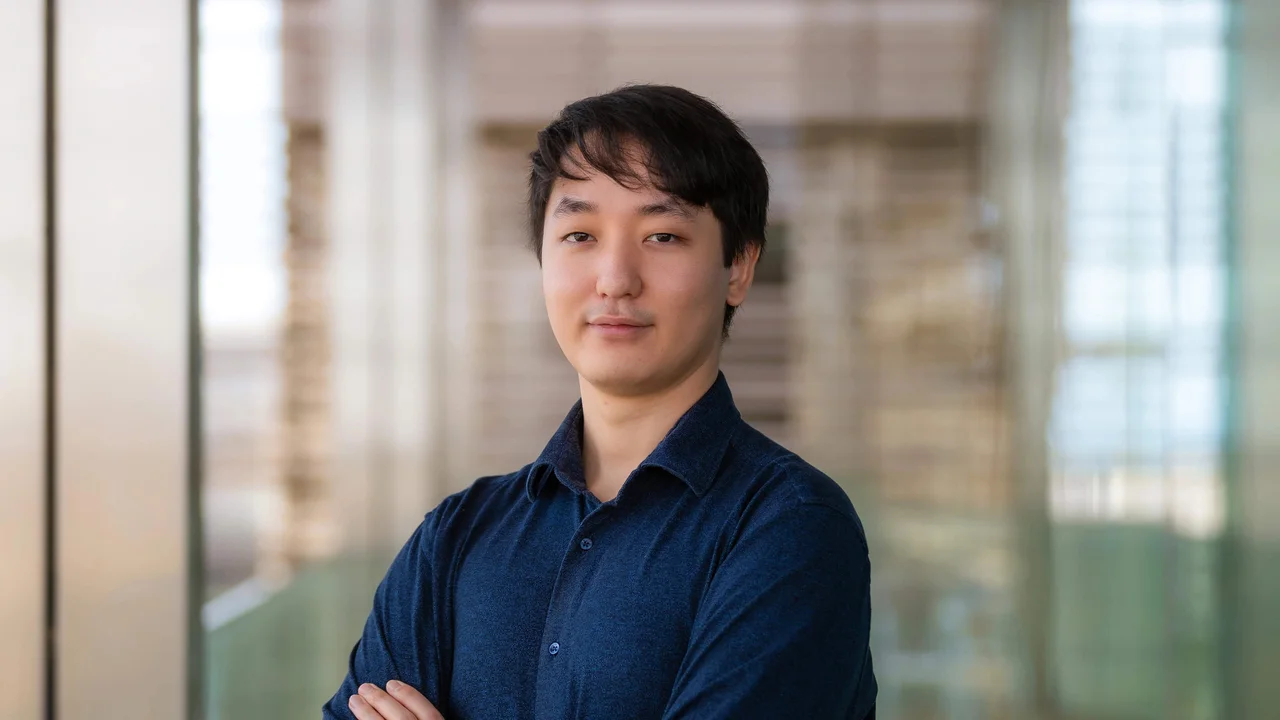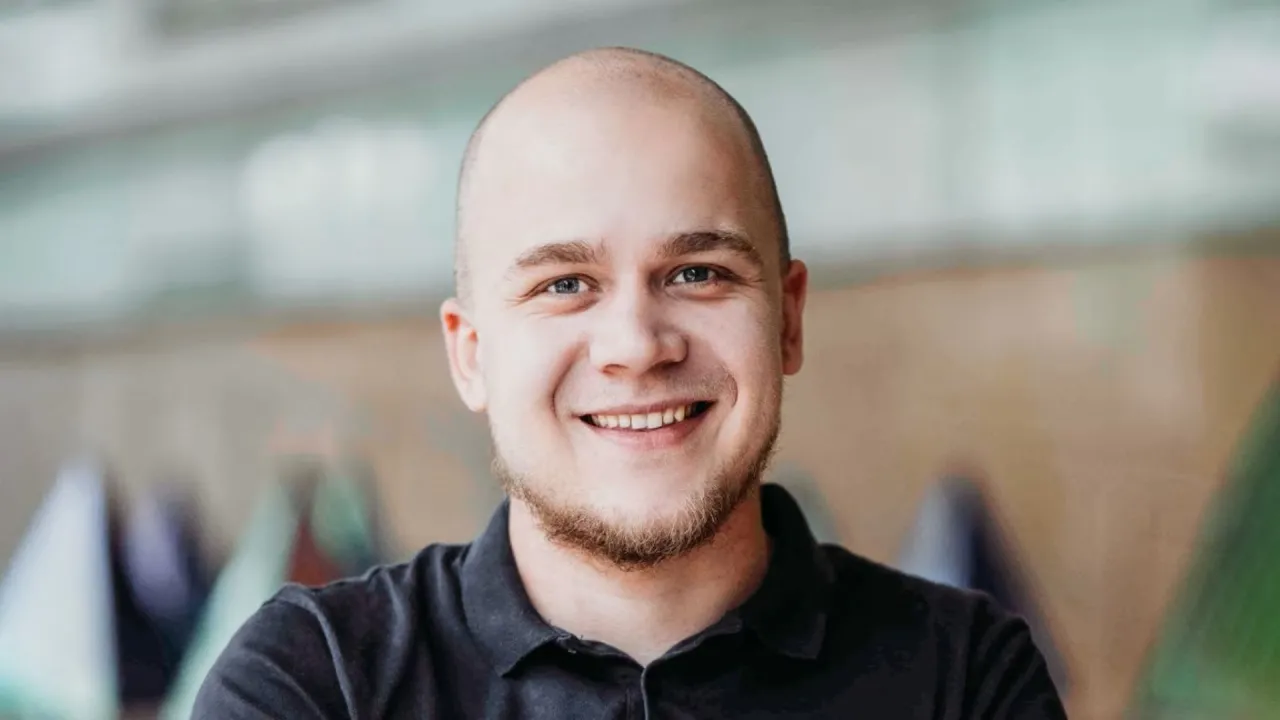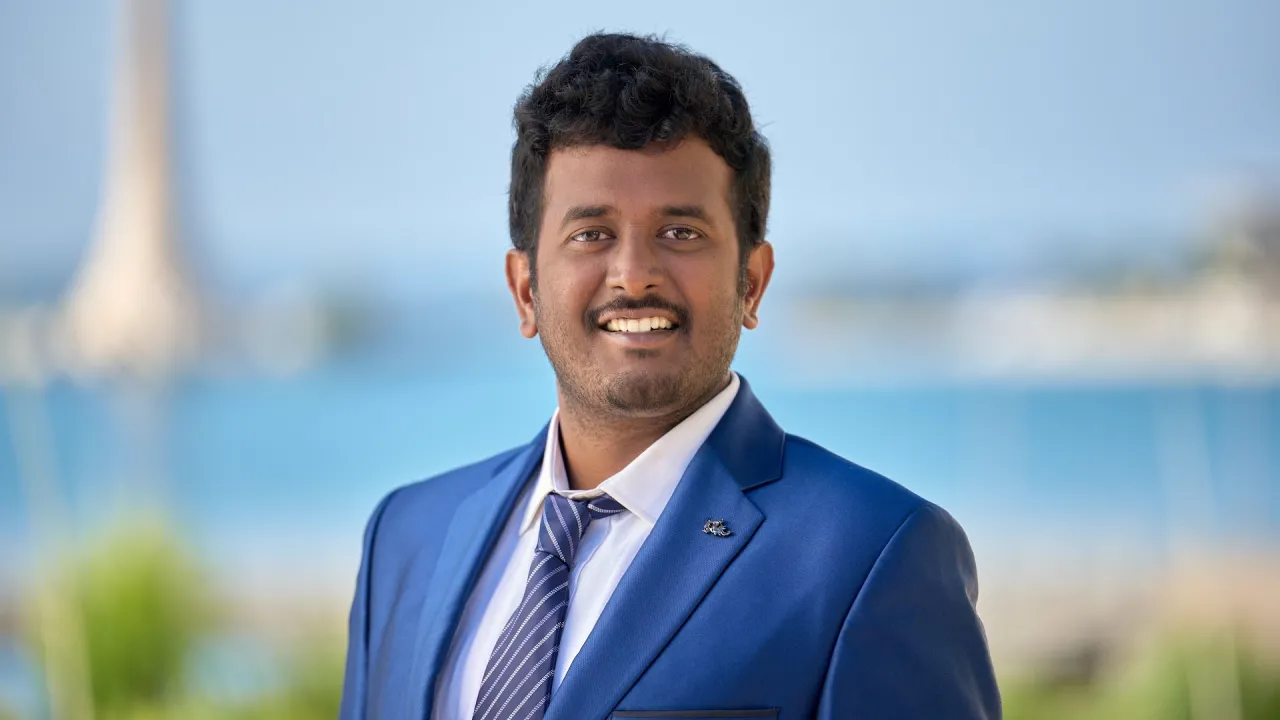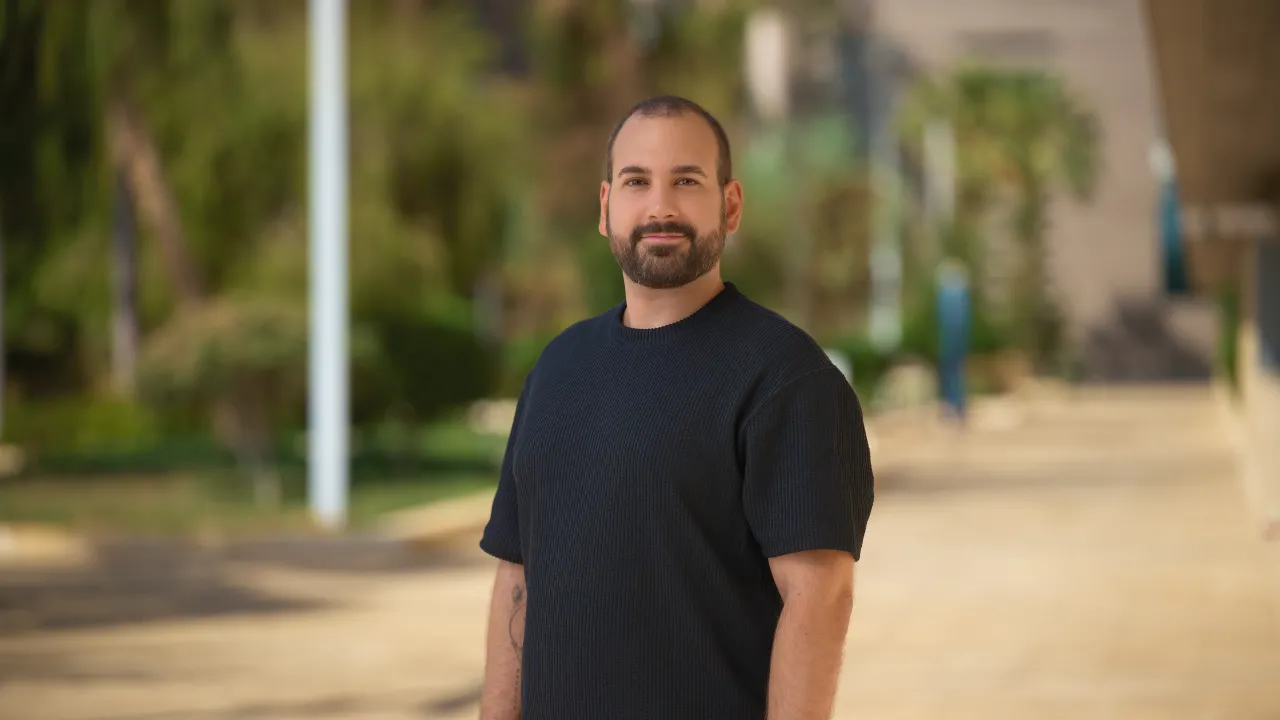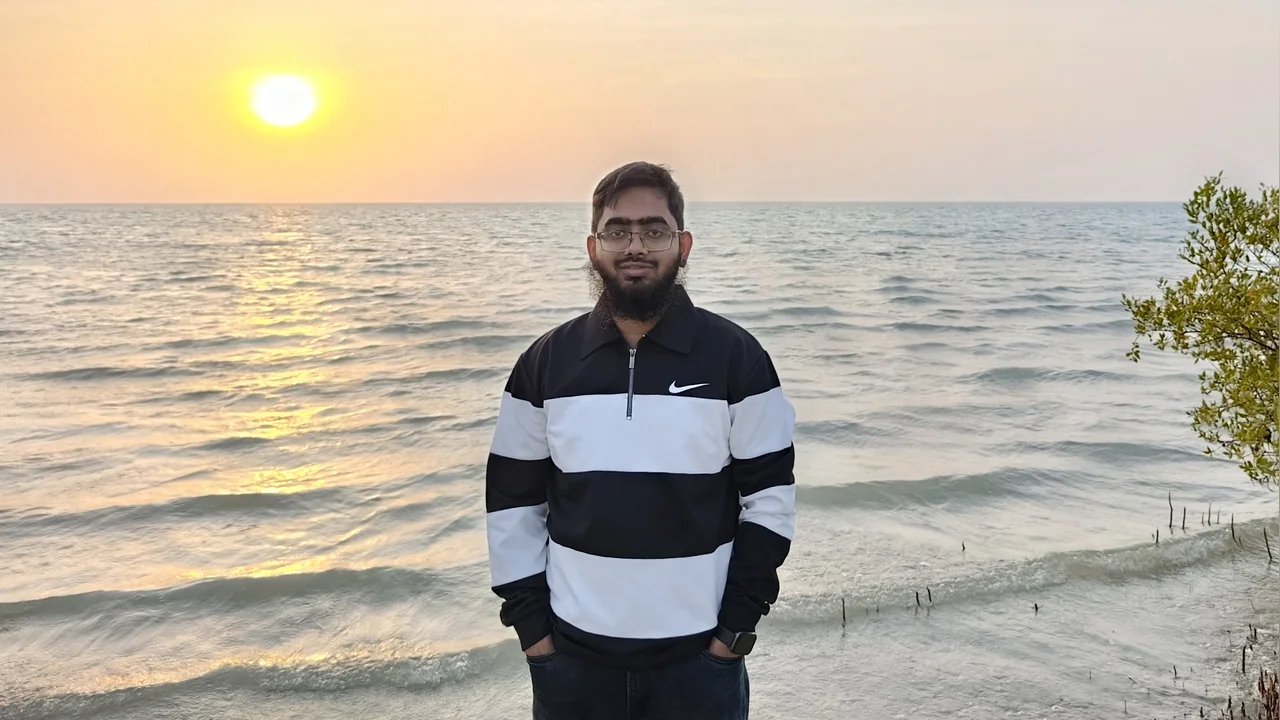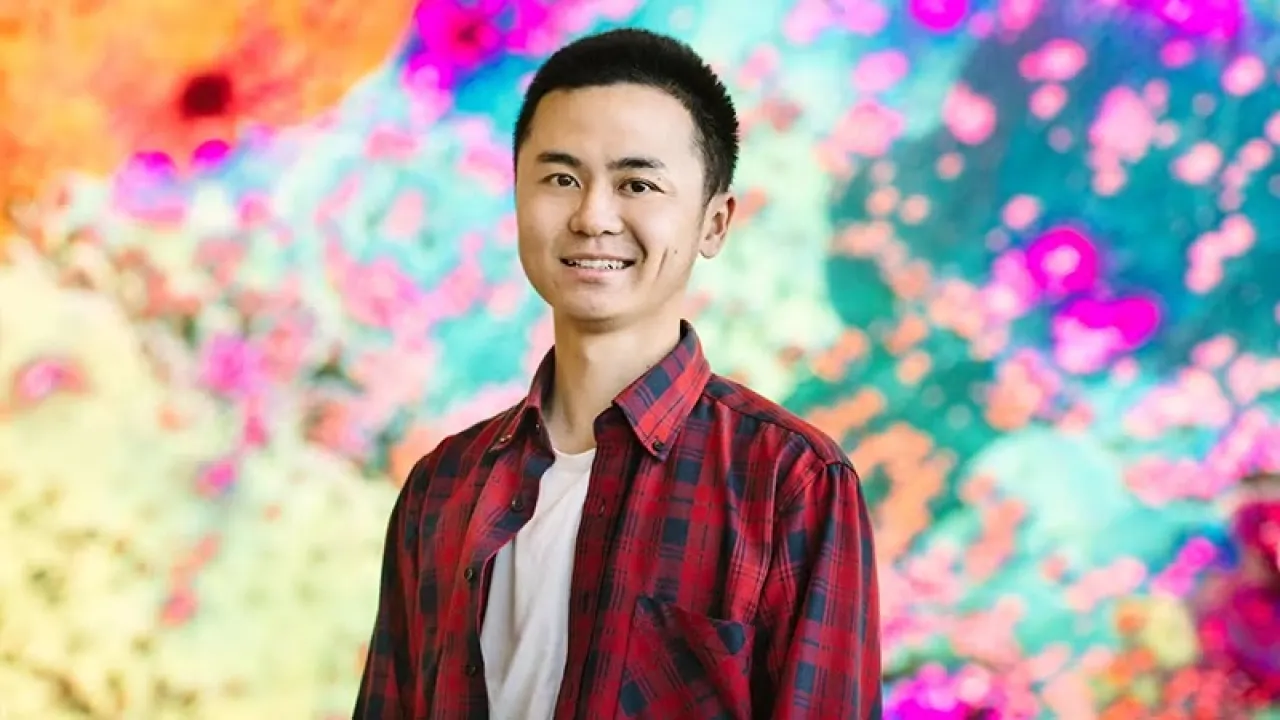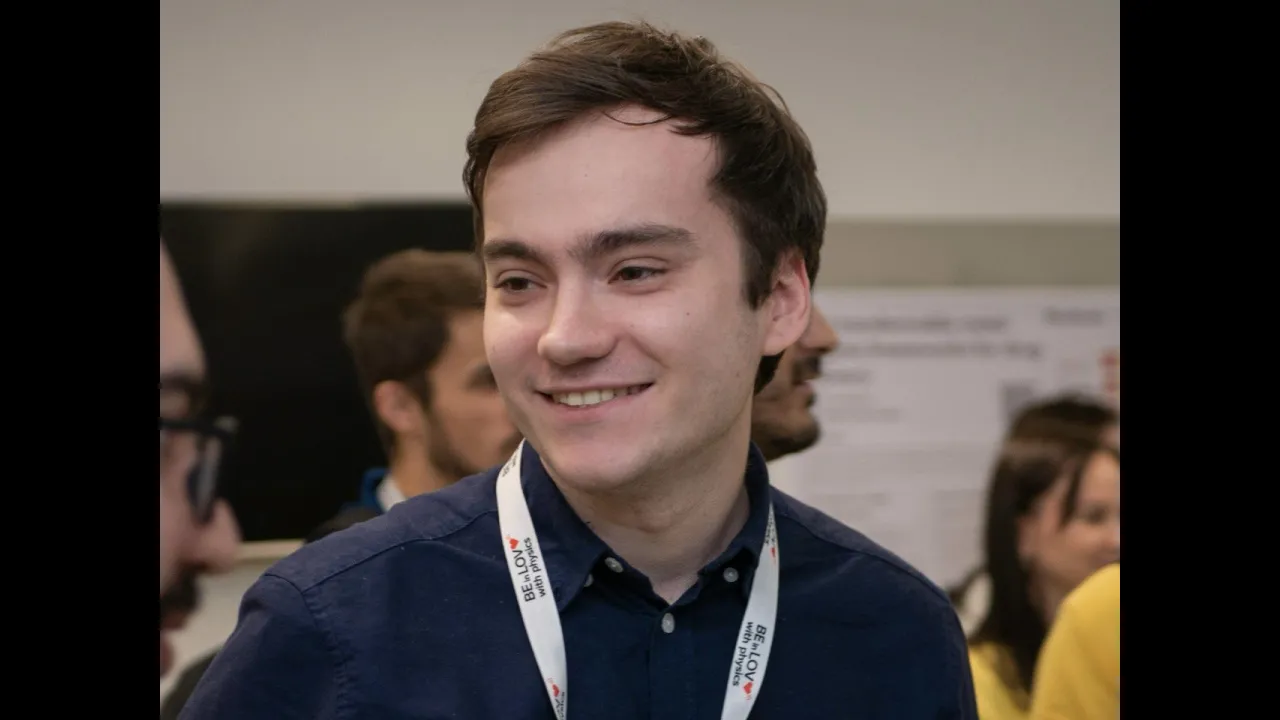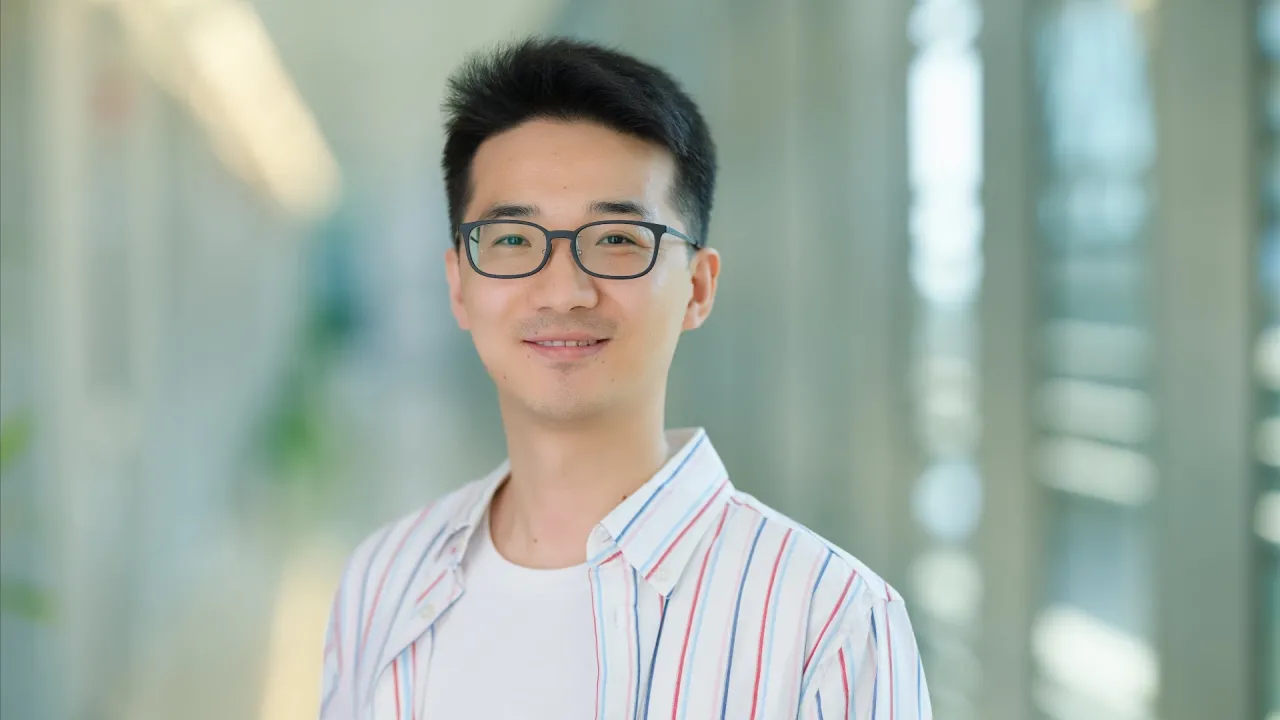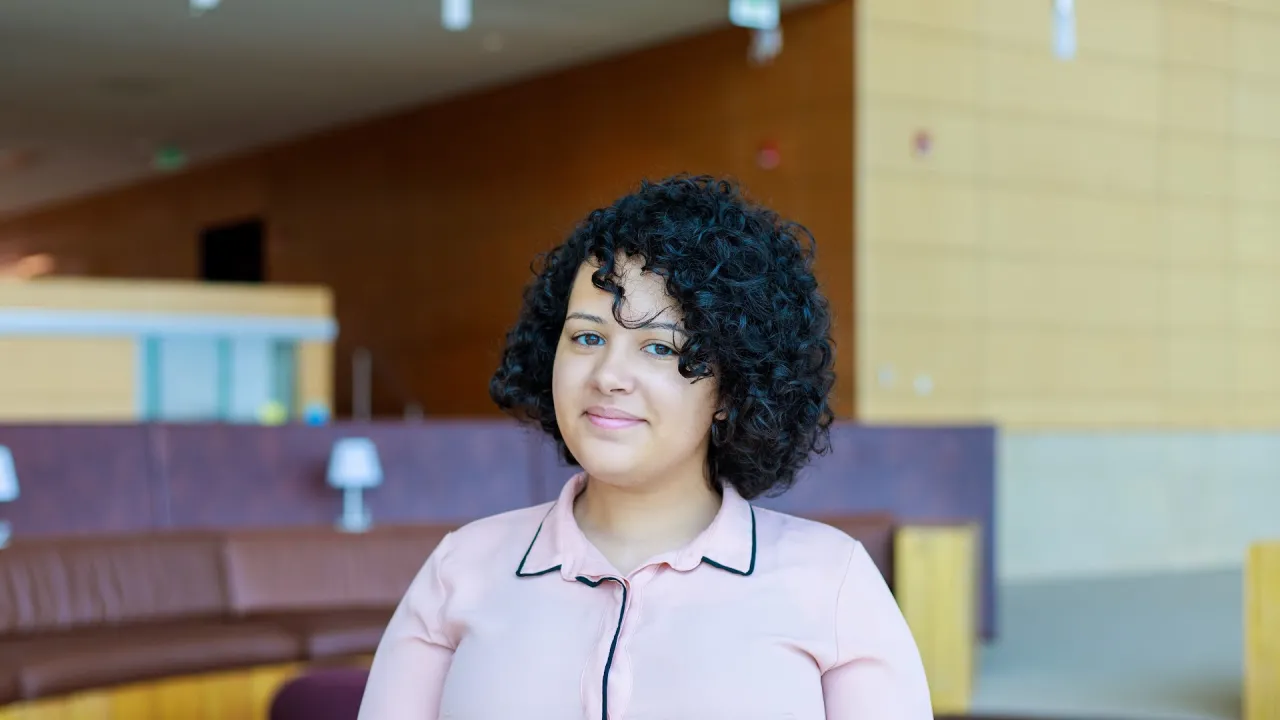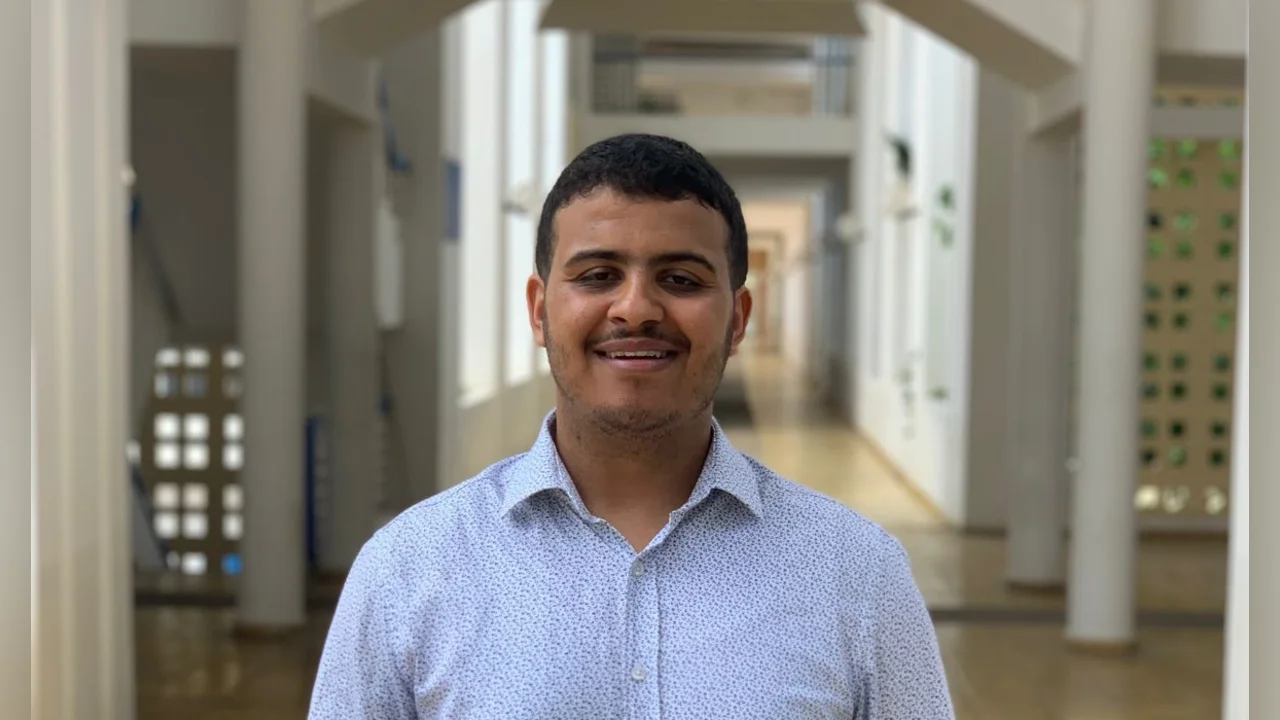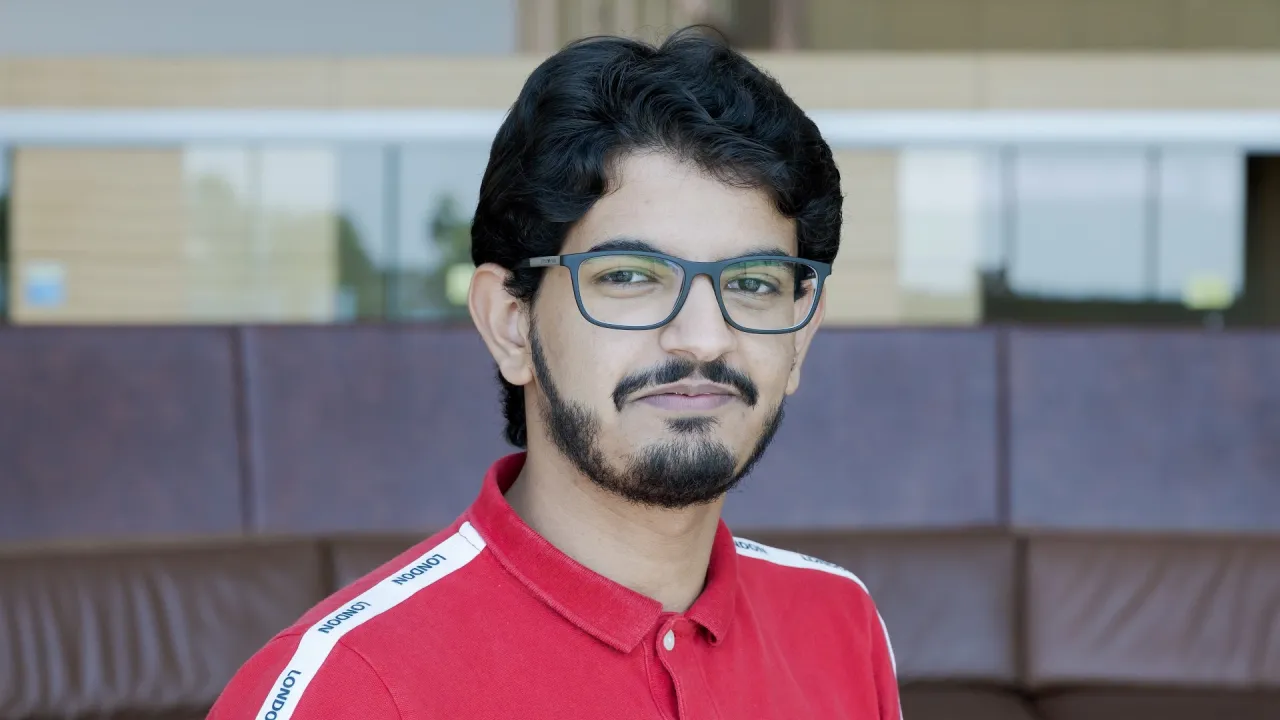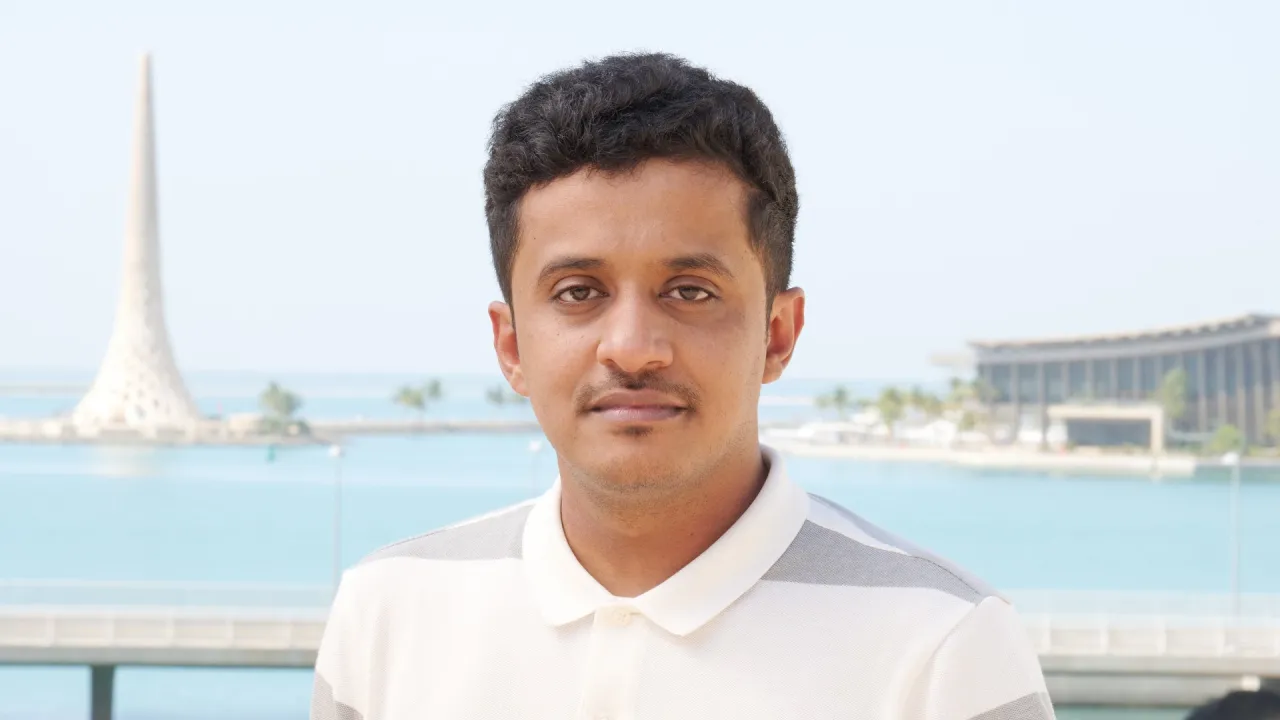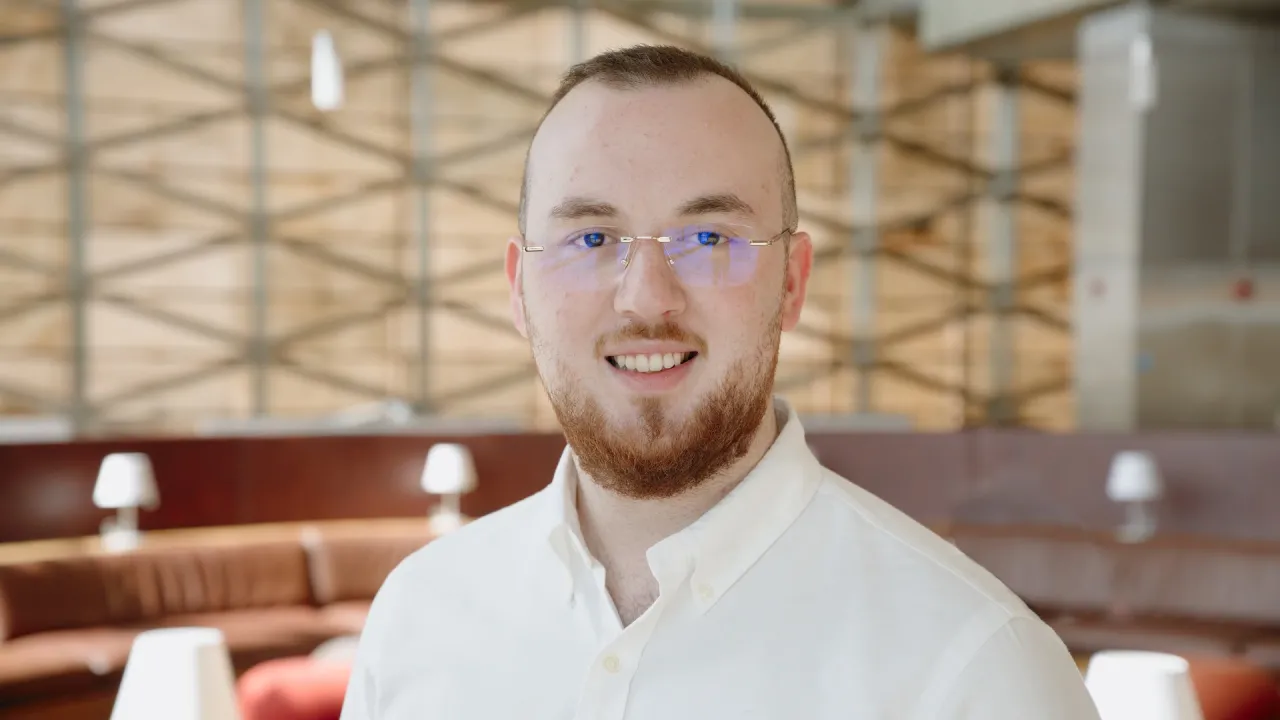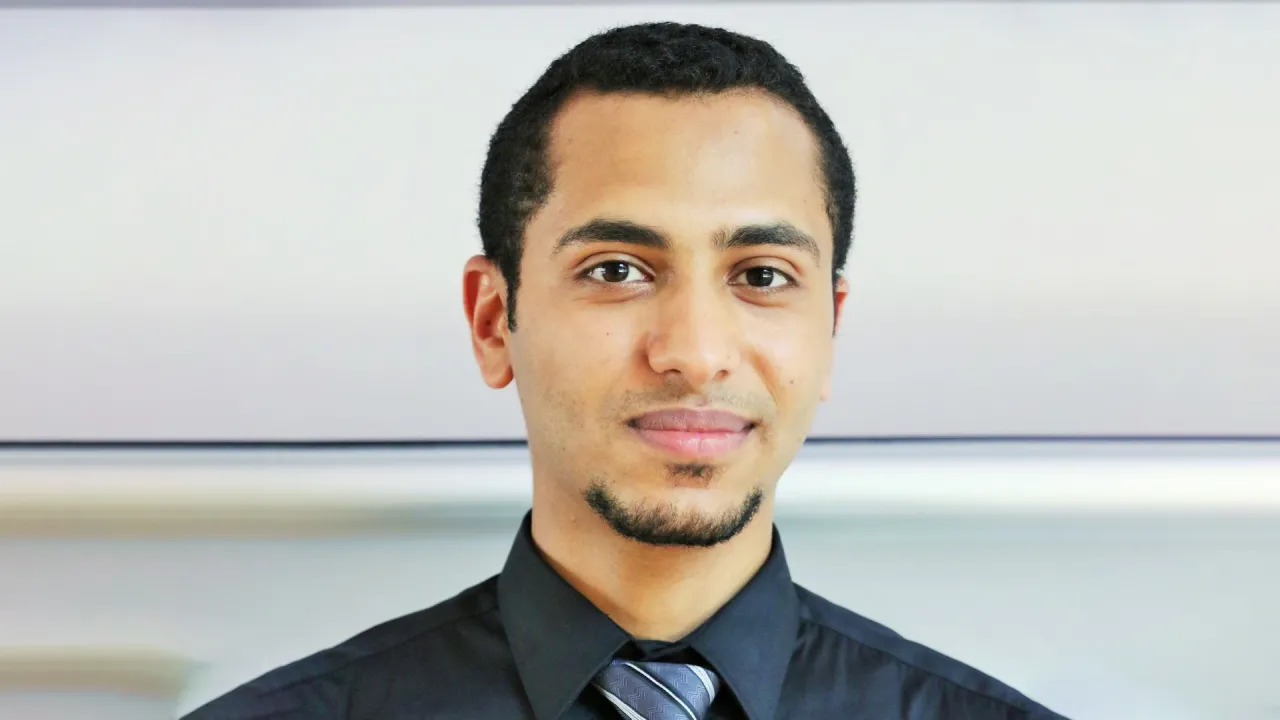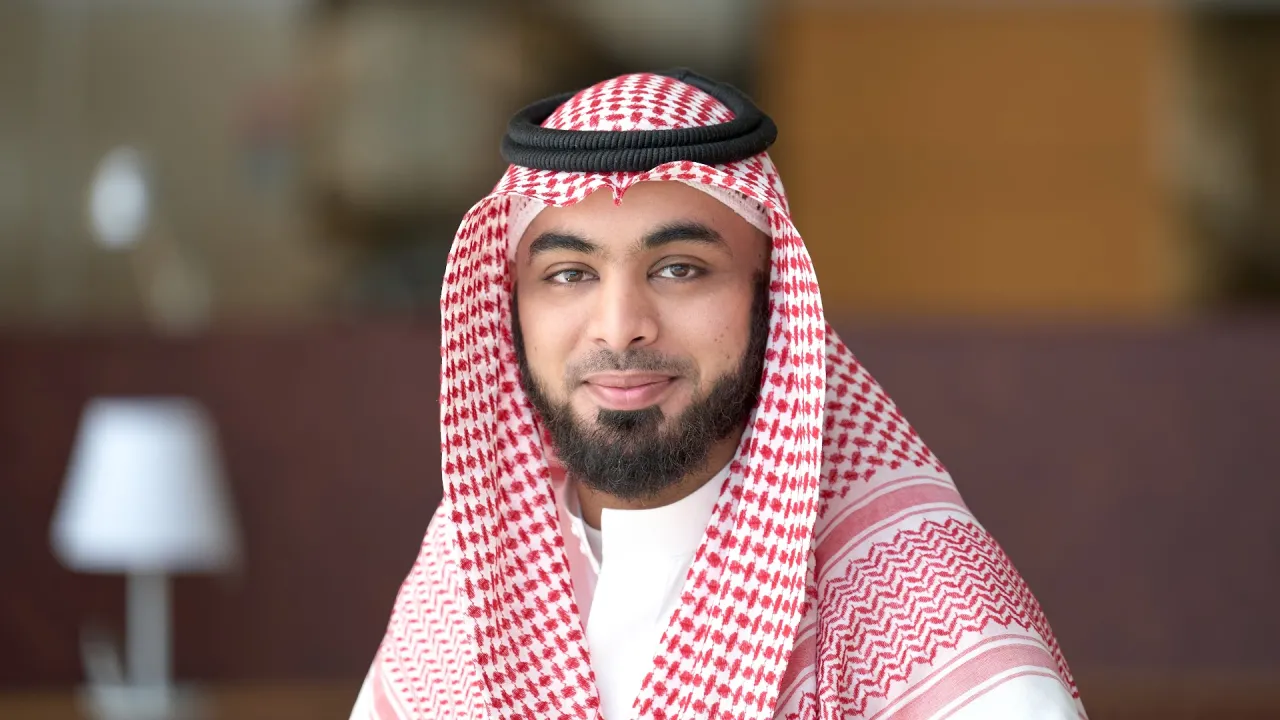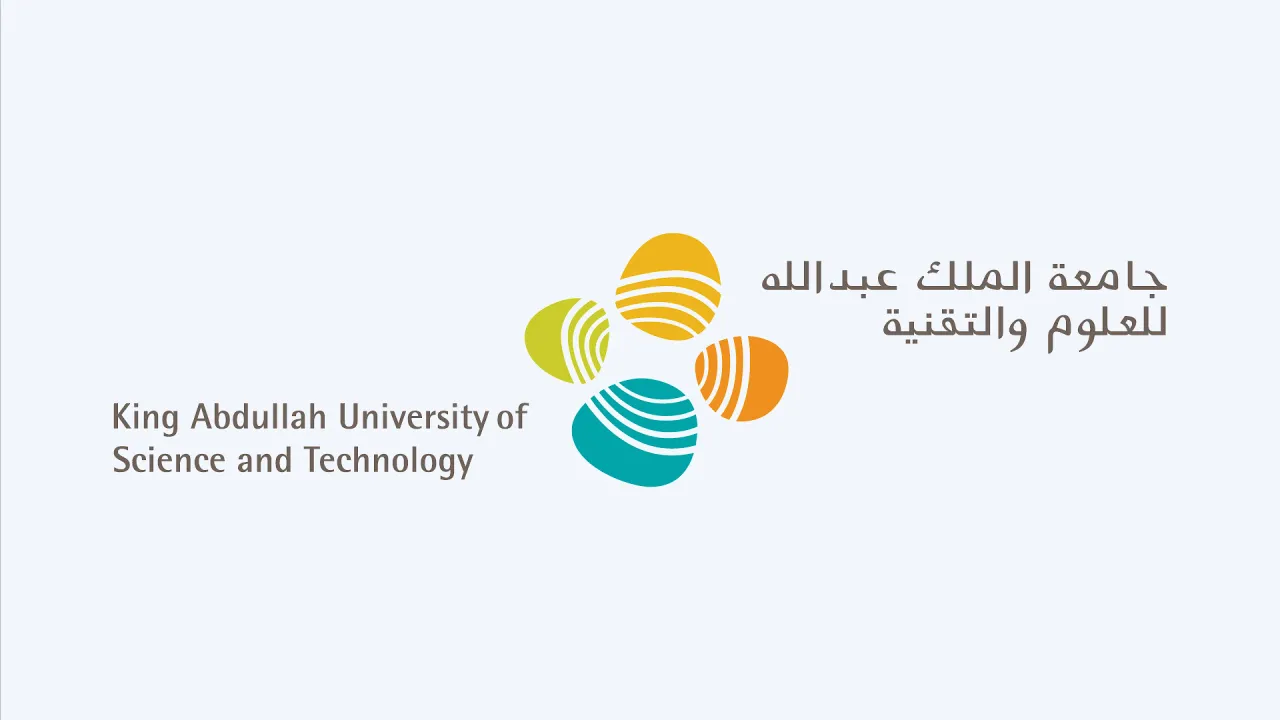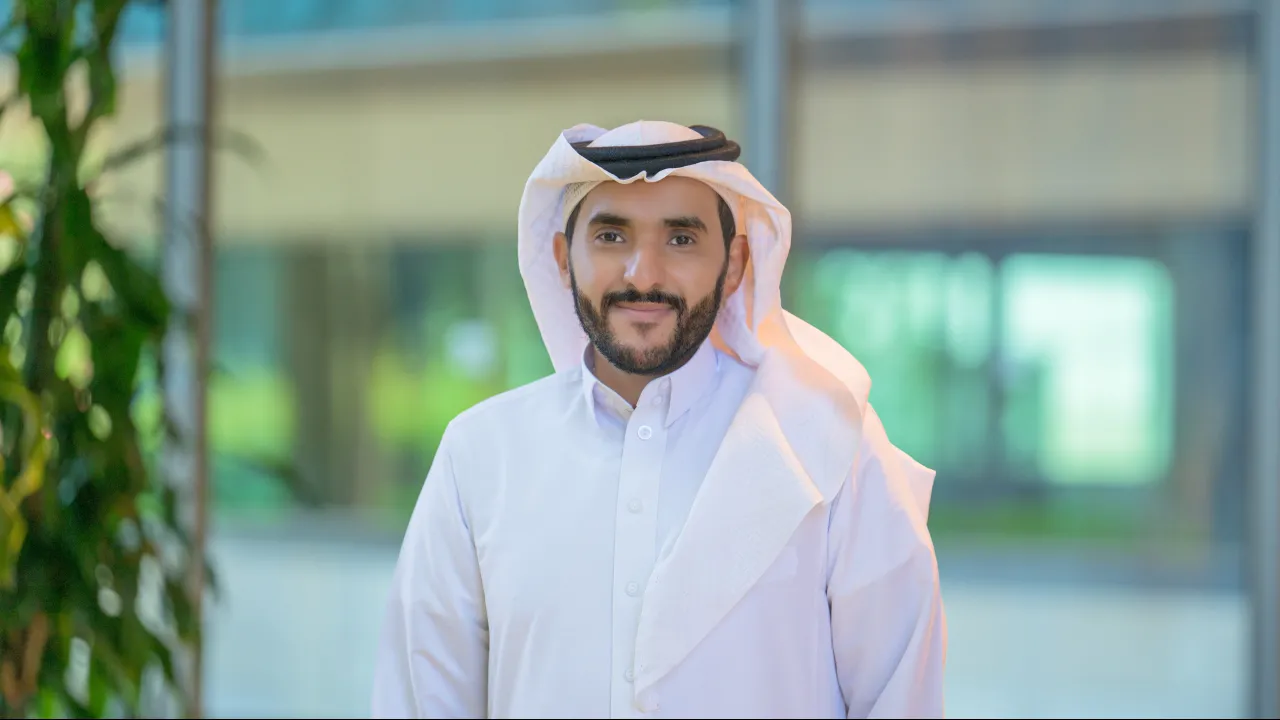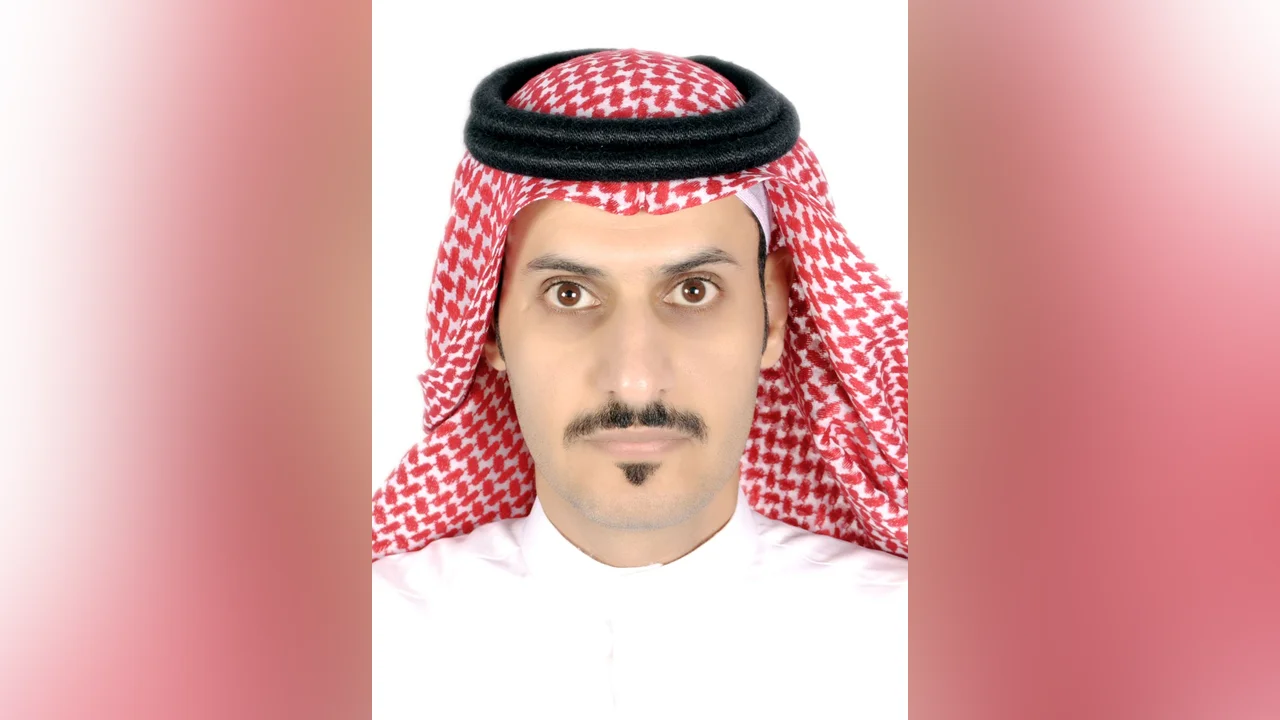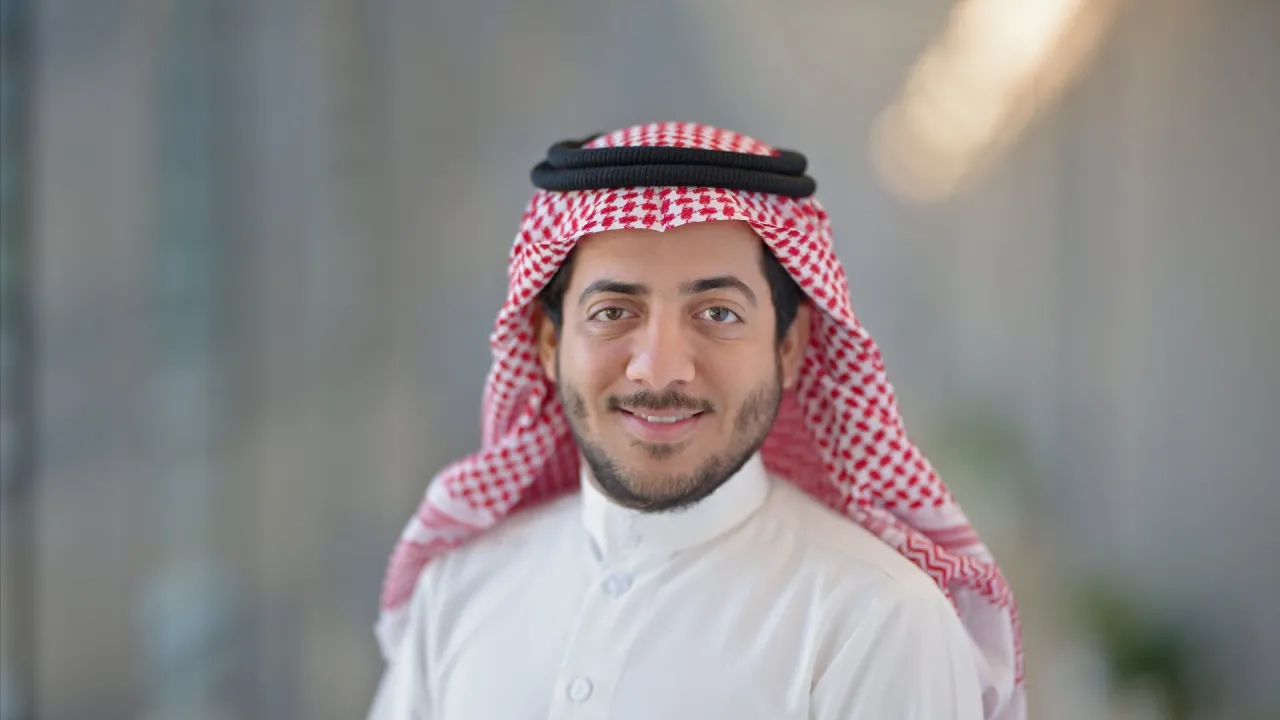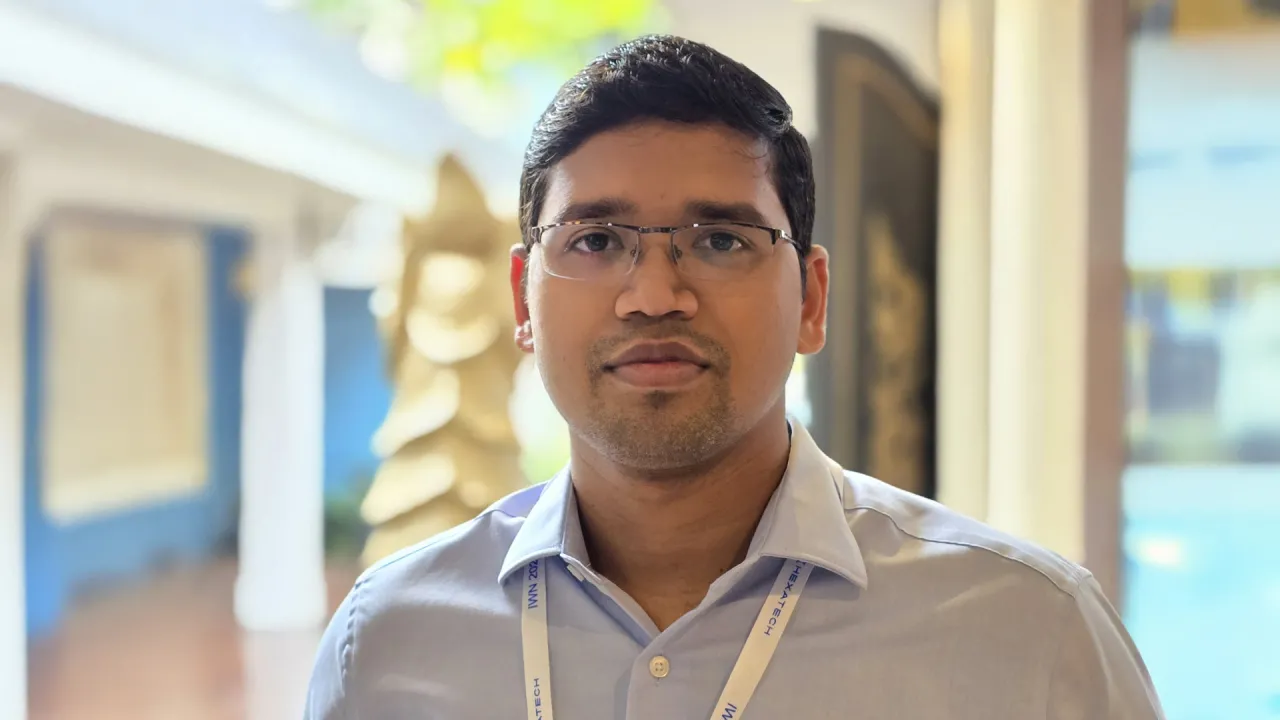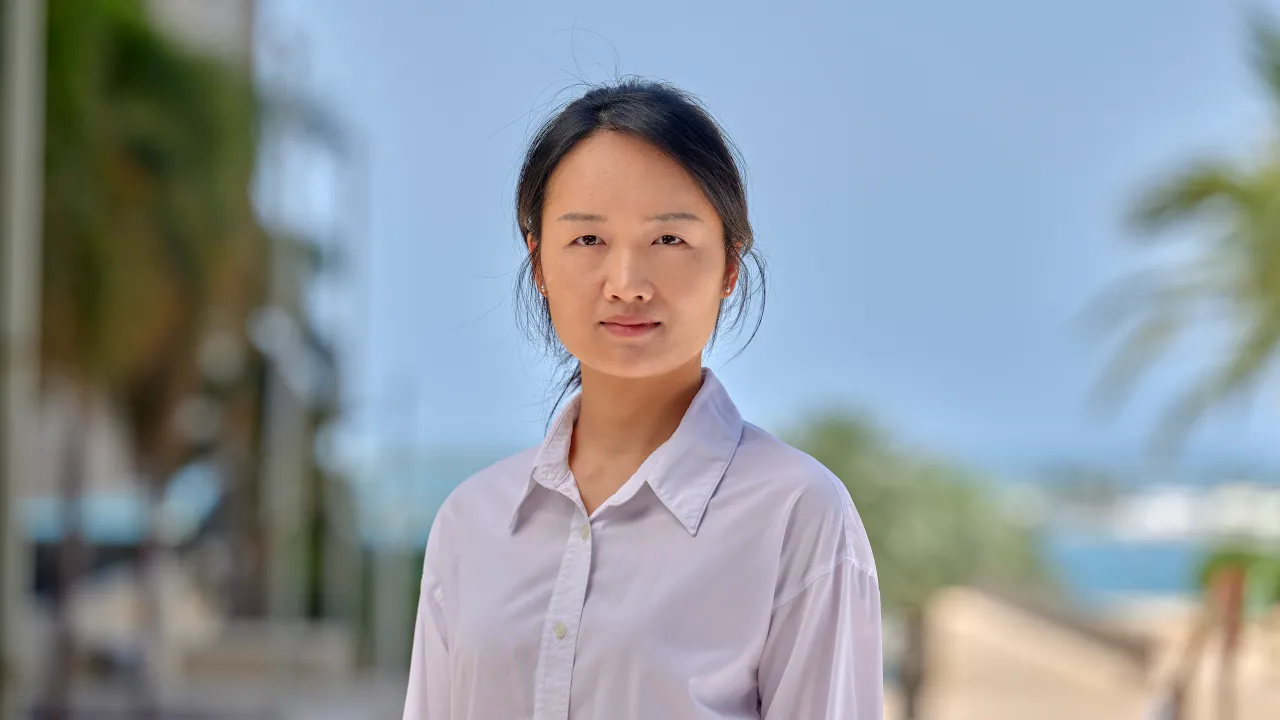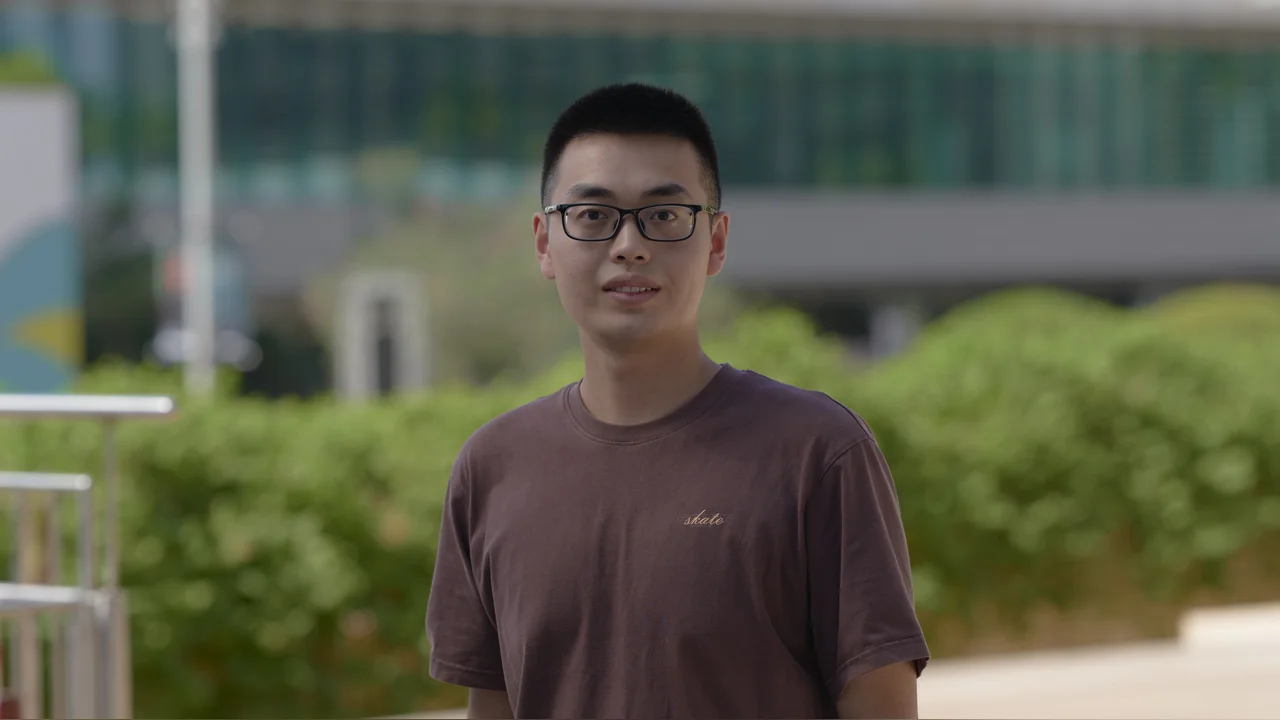Profiles
Students
Research Interests
- Signal processing
- Robotic and control systems
- Biomedical sensing
Education
Biography
Hongxian Yi is a Ph.D. candidate in Electrical and Computer Engineering at King Abdullah University of Science and Technology (KAUST). Hongxian obtained his thesis-based M.S. in Computer Science from KAUST in Dec 2020 and his B.S. in Computer Science and Technology from Shandong University in 2018. He has also studied at Beijing Institute of Technology and Chung-Ang University as an exchange student. Before coming to KAUST, he worked as a Solution Architect Intern at Amazon Web Services, Inc.
Research Interests
His research focuses on computer vision, robotics, and autonomous driving systems, with particular emphasis on 3D perception and efficient computing for embedded platforms.
Education
Biography
Ibrahim Alsayoud is an M.S./Ph.D. student at King Abdullah University of Science and Technology (KAUST). He obtained the degree of Bachelor of Science in Electrical Engineering from King Fahd University of Petroleum and Minerals (KFUPM) in 2021.
Research Interests
Photonics and optoelectronics, Fiber-optic sensors
Research Interests
Israel's has experience in several advanced areas, including Voice Search Processing, Manifold Learning, Image Processing, Dimensionality Reduction, Optimization, and the mathematical foundations of deep learning. His primary objective is to develop professional, end-to-end technology solutions that integrate signal processing (both hardware and software), machine learning, MLOps, and robust back-end systems.
Education
Ivan Kotov
- Ph.D. Student, Electrical and Computer Engineering
Biography
Jiahao Wei is a M.S./Ph.D. student at the Photonics Laboratory at King Abdullah University of Science and Technology (KAUST). He obtained his Bachelor of Optoelectronic Information Science and Engineering from Southern University of Science and Technology (SUSTech) in 2024. During his undergraduate studies, he primarily researched quantum dot light-emitting diodes (QLEDs). From Sept. to Dec. 2024, he conducted academic visiting at Hong Kong University of Science and Technology (Guangzhou).
Research Interests
Photonics, Optoelectronics
Biography
Jinane Bazzi received her Bachelor’s degree in Computer and Communications Engineering from the American University of Beirut (AUB) in 2021, graduating with High Distinction. She earned her Master’s degree in Electrical and Computer Engineering from King Abdullah University of Science and Technology (KAUST) in 2023. During her graduate studies, she was also a visiting student at the University of California, Irvine (UCI). She is currently pursuing a Ph.D. in Electrical and Computer Engineering at KAUST.
Research Interests
Jinane's research lies at the intersection of hardware architecture and deep learning, with a focus on compute-in-memory (CIM) techniques for efficient AI acceleration.
Education
Education
Biography
In 2019, Jose Manuel Taboada completed his bachelor's degree in Nanofabrication and Microelectronics at the National Autonomous University of Mexico (UNAM). He then obtained a master's degree in Electrical Engineering from King Abdullah University of Science and Technology (KAUST) in 2022, where he is currently pursuing a Ph.D. His doctoral research focuses on the simulation, design, fabrication, and testing of gallium oxide (Ga₂O₃) based diodes.
Research Interests
Jose Manuel Taboada's research interests include advanced semiconductors, Nanometric fabrication, and characterization processes, and data analysis.
Education
Biography
José Maria earned his Bachelor of Engineering in Electronic Engineering, with a minor in Telecommunications, from Universidad Peruana de Ciencias Aplicadas (UPC) in Lima, Peru, in 2018. During his undergraduate studies, he was awarded a partially funded scholarship in 2013. In 2018, he received funding for a research project through the VII Annual Research Incentive Competition at UPC, which led to the publication of a paper and a presentation at the XXII Symposium on Image, Signal Processing, and Artificial Vision (STSIVA) in 2019.
José Maria began his career with internships at IBM Peru, first as a Computer Specialist and later as a Software Developer. His interest in the Internet of Things (IoT) grew, leading him to become a speaker at various universities, where he taught IoT and Machine Learning. He focused on using single-board computers to connect multiple devices and leverage environmental data. José Maria has worked on several research projects at UPC, including a notable Digital Image Processing project aimed at developing a reliable method for diagnosing health issues in coffee plants using machine learning in Python, providing early diagnosis tools for cultivators.
Research Interests
José Maria is proficient in Python, Java, and machine learning technologies. His research interests lie in leveraging machine learning to enhance communication methods, with a focus on coding and modulation, Smart Grid technologies, and satellite networks. He is passionate about the Internet of Things (IoT) and has shared his knowledge as a speaker at various universities, teaching IoT and Machine Learning. His sessions emphasize the use of single-board computers for data-driven device connectivity, showcasing practical applications of these technologies.
Education
Biography
Karim is a graduate from Bauman Moscow State Technical University. He received a specialist degree in a field of electrical engineering (2014 – 2020), with a focus on radars and wireless communications. He worked at part-time job as embedded systems and DSP engineer for 2.5 years. After that he had internship in summer of 2019 at Huawei Russian Research Institute (RRI) and after graduating from university, he worked at Huawei RRI for 1 year. During his job he improved receiver’s sensitivity applying some convex and non-convex optimization approaches and provide some dimensionality reduction approaches for system identification.
Nowadays Karim works in topics related to Joint Sensing And Communication (JSAC), quantum computing and communications over unlicensed spectrum.
Research Interests
Adaptive algorithms in wireless communications, Radar signal processing and machine learning. Quantum computing.
Education
Biography
Khalid Kanaan received his bachelor’s degree in Electrical Engineering from Alfaisal University, Saudi Arabia, in 2022, graduating with First Honors. He obtained his M.S. degree in Electrical and Computer Engineering (ECE) from King Abdullah University of Science and Technology (KAUST), Saudi Arabia. During his undergraduate studies, he was awarded first place in the 4th Boeing Engineering Student Competition for his capstone project. He is currently pursuing a Ph.D. degree in ECE at KAUST.
Research Interests
Khalid’s research interests include multimodal sensing, machine learning for wireless communication, millimeter-wave communication, and massive MIMO systems.
Education
Biography
Li Zhang is a Ph.D. candidate in the Sensors Lab of the Electrical Engineering Department, CEMSE Division, King Abdullah University of Science and Technology (KAUST). He earned his B.S. in Microelectronic Science and Engineering from the University of Electronic Science and Technology of China in 2018, and his M.S. in Electrical Engineering from KAUST in 2019. His research interests include quantized neural networks, neural-network accelerator architectures, and software–hardware co-design. He has technical expertise in optimization algorithms, machine-learning methods, FPGA-based digital circuit design, and experimental measurement techniques.
Research Interests
Li Zhang is interested in quantized neural networks, neural network accelerator and software/hardware co-design.
Education
Biography
Lucas graduated in Electrical Engineering at the Federal University of Rio Grande do Norte (UFRN), Natal, Brazil, on December 2019. From January to July 2019, he was a visiting student at the Information Systems Lab/KAUST, when he worked on indoor localization systems using acoustic waves. In the following year, he joined KAUST as a MSc. student under the supervision of Dr. Tareq Al-Naffouri. He successfully obtained his MSc. degree in December 2021. His Master's thesis is titled A Bayesian Approach to D2D Proximity Estimation using Radio CSI Measurements, and the continuation of this work led to a journal publication at the IEEE Open Journal of the Communications Society. He is currently a Ph.D. student at the Distributed Systems and Autonomy Group/KAUST, under the supervision of Dr. Shinkyu Park.
Research Interests
Lucas' research interests are multi-agent systems, robotics, and deep learning (especially Multi-Agent Reinforcement Learning).
Education
Biography
Luis Vazquez obtained a Bachelor Degree on Robotics and Telecommunication from Universidad de las Americas Puebla, his final thesis work was a review on autonomous control and Natural Language Processing for the Robotics human-machine collaboration and interconnection between digital and physical components.
Research Interests
My research is focused on the effects of physical attacks to a robot sensor in the digital processing of the autonomous process more focused on Autonomous control algorithms for 2D vehicles and drones.
Education
Biography
Madi Makin (Graduate Student Member, IEEE) received both his B.Sc. and M.Sc. degrees in Electrical and Computer Engineering from Nazarbayev University, Astana, Kazakhstan. He is currently pursuing a Ph.D. degree in Electrical and Computer Engineering at King Abdullah University of Science and Technology (KAUST), Thuwal, Saudi Arabia.
His research interests include wireless communication systems, with a particular focus on reconfigurable intelligent surfaces (RIS), non-orthogonal multiple-access (NOMA) networks, and physical-layer security.
Research Interests
Madi's research interests include wireless communication systems, with a particular focus on reconfigurable intelligent surfaces, non-orthogonal multiple-access (NOMA) networks, and physical-layer security.
Education
Biography
Mattia Soldan is a final-year Ph.D. candidate in Electrical and Computer Engineering at KAUST, where he is advised by Prof. Bernard Ghanem. His research lies at the intersection of computer vision and natural language processing, with a focus on scalable and efficient algorithms for semantic video understanding and retrieval. His work spans task-specific deep learning architectures, dataset creation, and efficient visual encoding pipelines. Mattia is passionate about building intelligent systems that connect visual content with language and advancing research that bridges fundamental understanding with practical impact.
Research Interests
Mattia's research focuses on video and language understanding and especially on how to leverage mutual information to solve specific tasks as Single Video Moment Retrieval and Video Corpus Moment Retrieval.
Education
Research Interests
Optoelectronics & Photonics, Quantum Computing, Quantum Photonics
Biography
Mohamed Aziz Benhouichet is pursuing his M.S./Ph.D. in Electrical and Computer Engineering at KAUST, where he works on embedded artificial intelligence, IoT, and multimodal perception systems. Before starting his graduate studies, he gained hands-on research experience at KAUST as a visiting student, contributing to projects on multimodal fusion between event-based cameras and LiDAR sensors. Prior to joining KAUST, Mohamed earned his Engineering Diploma in Signals and Systems from Ecole Polytechnique de Tunisie (EPT), graduating with first-class honors. He ranked among the top 1% of students in Tunisia
in the 2022 national entrance exam for engineering schools. His academic path reflects a strong multidisciplinary foundation, bridging theory and application in intelligent systems, robotics, and digital hardware.
Research Interests
- Artificial Intelligence (AI)
- Embedded AI and TinyML
- Internet of Things (IoT)
- Multimodal sensor fusion
- Signals and Systems
- Robotics
Education
Biography
Mohammad Alharbi is a master student in Electrical Engineering department within CEMSE division at King Abdullah University of science and Technology (KAUST). He received his bachelor's degree in Electrical Engineering from King Abdul Aziz University in Saudi Arabia and joined KAUST in Fall 2017. Currently, he is working on experimental implementation of robust control strategies for parabolic solar collectors.
Research Interests
Nowadays, the decrease in fossil resources along with the increase of their environmental impact is driving the world to renewable energy to meet the energy demand. Solar energy represents one promising alternative clean energy source. The heat transfer mechanism of the solar collector is concentrating the sunlight by the parabolic shaped mirrors to the central tube which contain the fluid to be heated.
However, Solar energy is affected by the environmental changes such as solar irradiance. Therefore, the aim is to design controller to force the outlet temperature to track the desired level by changing the fluid velocity. A small-scale set-up is built to mimic the outdoor set-up for testing the controller in a controlled environment before going to the harsh environment outside. Also, understanding the dynamic of the system will be easier inside controlled environment.
Mohammad F. Hashem
- Senior Consultant, Oliver Wyman
Biography
Mohammed is currently a PhD student in Electrical and Computer Engineering program (ECE) at KAUST. He received his Master degree in Advanced Control and Systems Engineering with Distinction from UOM, Manchester. He has experience in academia working as Lecturer and worked as Head of the committee of the Engineering Training Program. He also worked as Project Engineer in Saudi Electrical Company in the power plant project PP13 carried by SEC.
Research Interests
His research interests span various topics in systems and control engineering, Robotics, and fault detection and diagnosis.
Education
Biography
- M.S., Electrical Engineering, University of Central Florida (2016), GPA 3.91/4.00
- B.S., Electrical Engineering, Umm Al-Qura University (2009), GPA 3.63/4.00
Research Interests
My research interests focus on electronics and optoelectronic systems for renewable energy and sensing. I am particularly interested in how these can be developed in synergy with the group’s expertise in semiconductor lasers, optical wireless communication, and integrated photonics, to address energy efficiency and sustainability challenges.
Biography
Mojtaba AlShams is a Ph.D. student in Electrical and Computer Engineering at King Abdullah University of Science and Technology (KAUST), specializing in distributed machine learning and hardware-aware inference. He holds a Master’s degree from KAUST and a Bachelor’s degree from King Fahd University of Petroleum and Minerals (KFUPM).
Mojtaba has a strong academic foundation in computing systems, embedded design, and machine learning, complemented by hands-on experience in electrical engineering roles. He has also demonstrated impactful leadership through national educational initiatives, effectively combining deep technical expertise with strategic leadership capabilities.
Research Interests
His research interests focus on edge computing paradigms and distributed learning, with an emphasis on hardware-aware, energy-efficient inference across heterogeneous edge devices.
Education
Biography
Mritunjay Kumar is a Ph.D. candidate in Electrical Engineering at King Abdullah University of Science and Technology (KAUST), Saudi Arabia, under the supervision of Prof. Xiaohang Li. Before joining KAUST, he earned his Master of Technology from the Indian Institute of Technology (IIT) Dhanbad. His research focuses on developing advanced wide-bandgap semiconductor devices for extreme-temperature power electronics applications, addressing challenges such as threshold voltage instability and high gate leakage currents in GaN HEMTs through innovative materials and gate design techniques.
Mritunjay has made significant contributions to the field of power electronics for extreme temperature, as evidenced by publications in reputed journals such as Applied Physics Letters (APL) and Japanese Journal of Applied Physics (JJAP). His achievements include the development of a high-threshold voltage (7.4 V) enhancement-mode GaN HEMT and the implementation of bi-layer gate stacks for stable operation at temperatures up to 450°C. His work also explores heterogeneous integration, such as combining GaN HEMTs with indium oxide-based driver circuits and gallium oxide transistors, demonstrating stable operation in harsh environments.
Research Interests
Mritunjay’s research interest includes Optoelectronics, and III-Nitrides Power semiconductor devices.
Education
Biography
Na Xiao is a Ph.D. candidate in Electrical and Computer Engineering at King Abdullah University of Science and Technology (KAUST), under the supervision of Professor Xiaohang Li. She earned her M.S. degree in Chemistry from Soochow University at Institute of Functional Nano & Soft Materials (FUNSOM) in 2018.
Research Interests
Na Xiao's research focuses on semiconductor fabrication, semiconductor materials and devices, oxide semiconductors, and nanoscale device technologies, and characterization of wide band gap materials.
Education
Biography
Naiqin Bu is from the School of Microelectronics at Southern University of Science and Technology (SUSTech), with a GPA of 3.9/4.0 (Top 10%). During his undergraduate years, he participated in Professor Qiancheng Zhao's research group, cultivating a strong interest in integrated photonics. He also visited Professor Cheng Wang's research group at City University of Hong Kong for a month. He is currently a visiting student at KAUST and plans to join the IPL group to pursue the MS/PhD degree in 2026.
Research Interests
His future research interests focus on on-chip lasers and integrated optical circuits.
